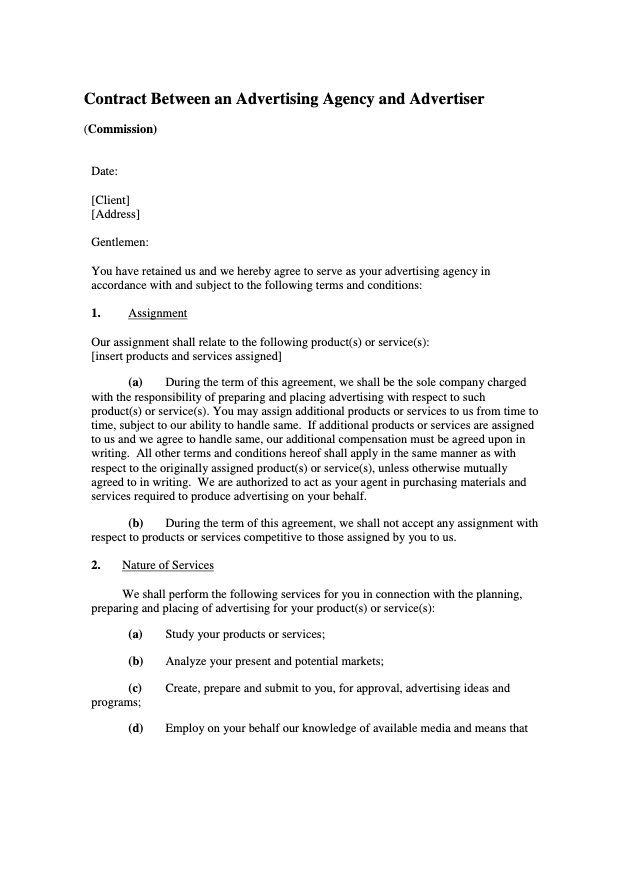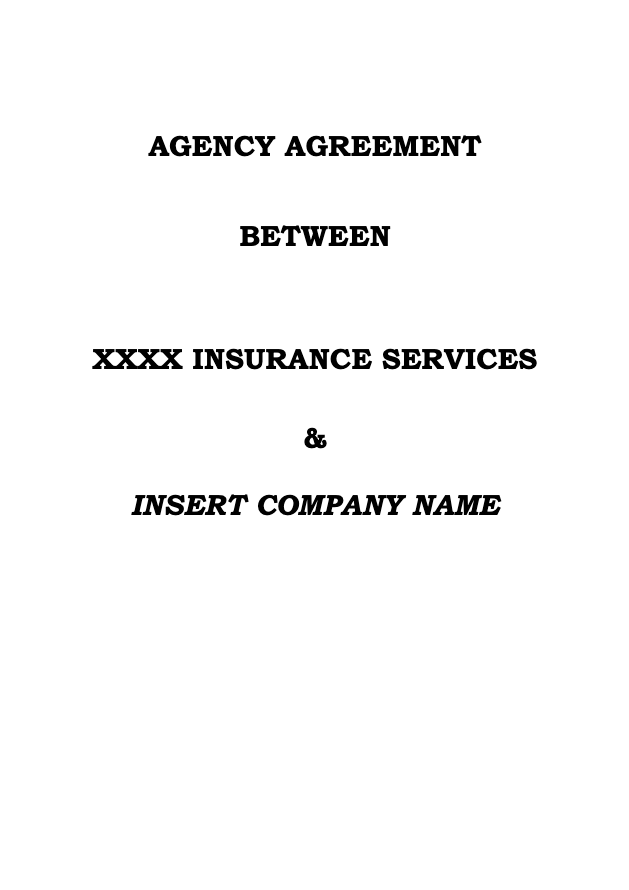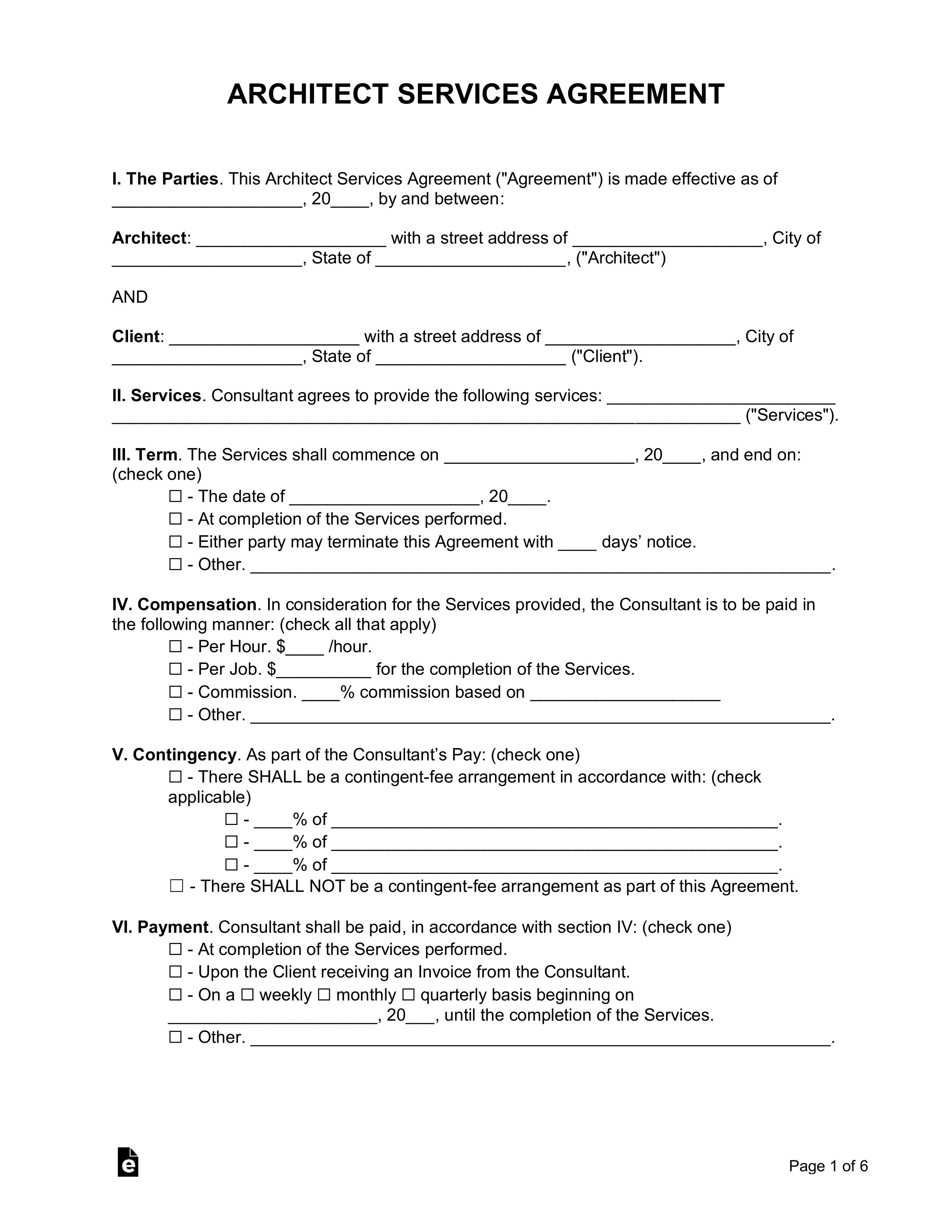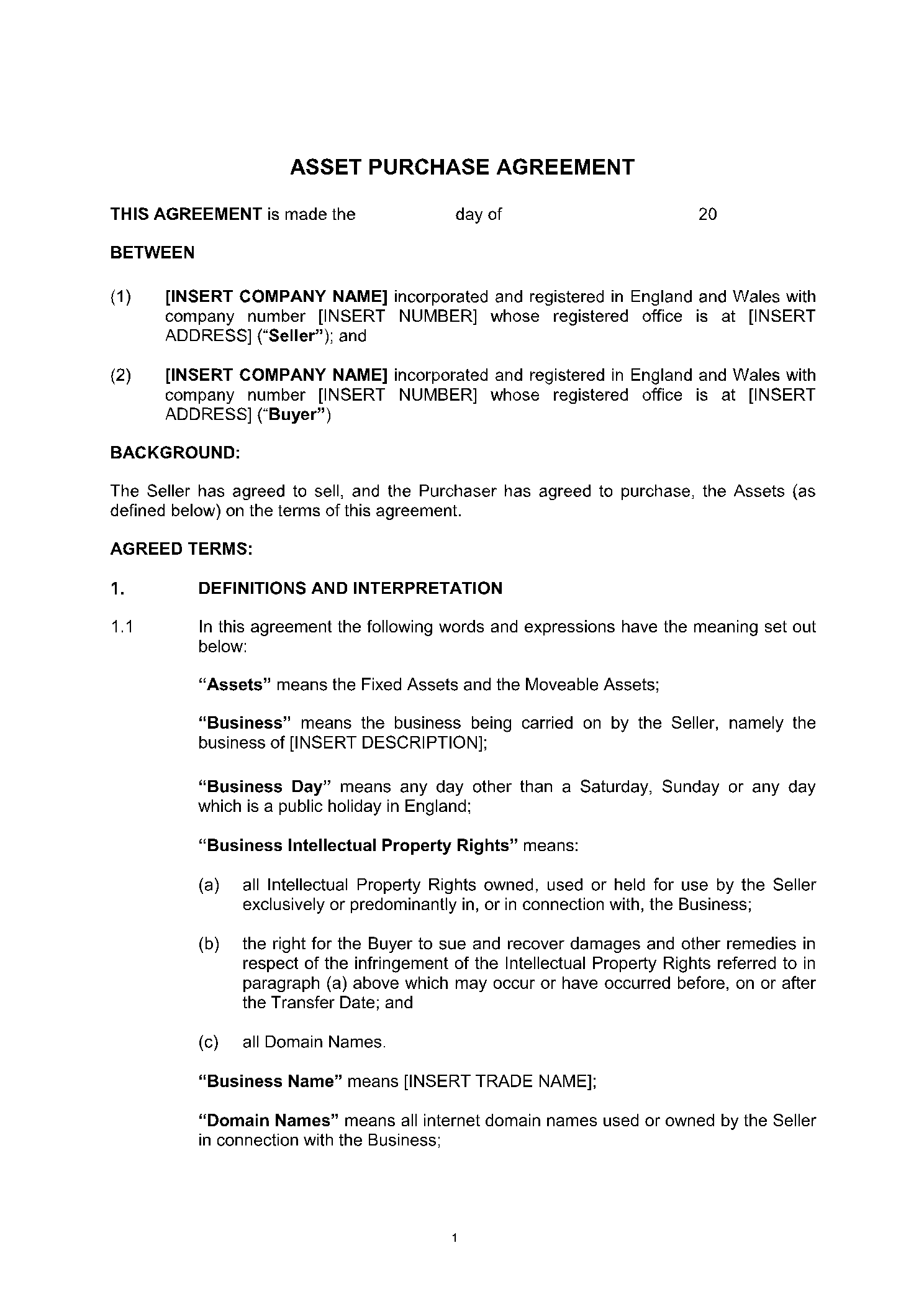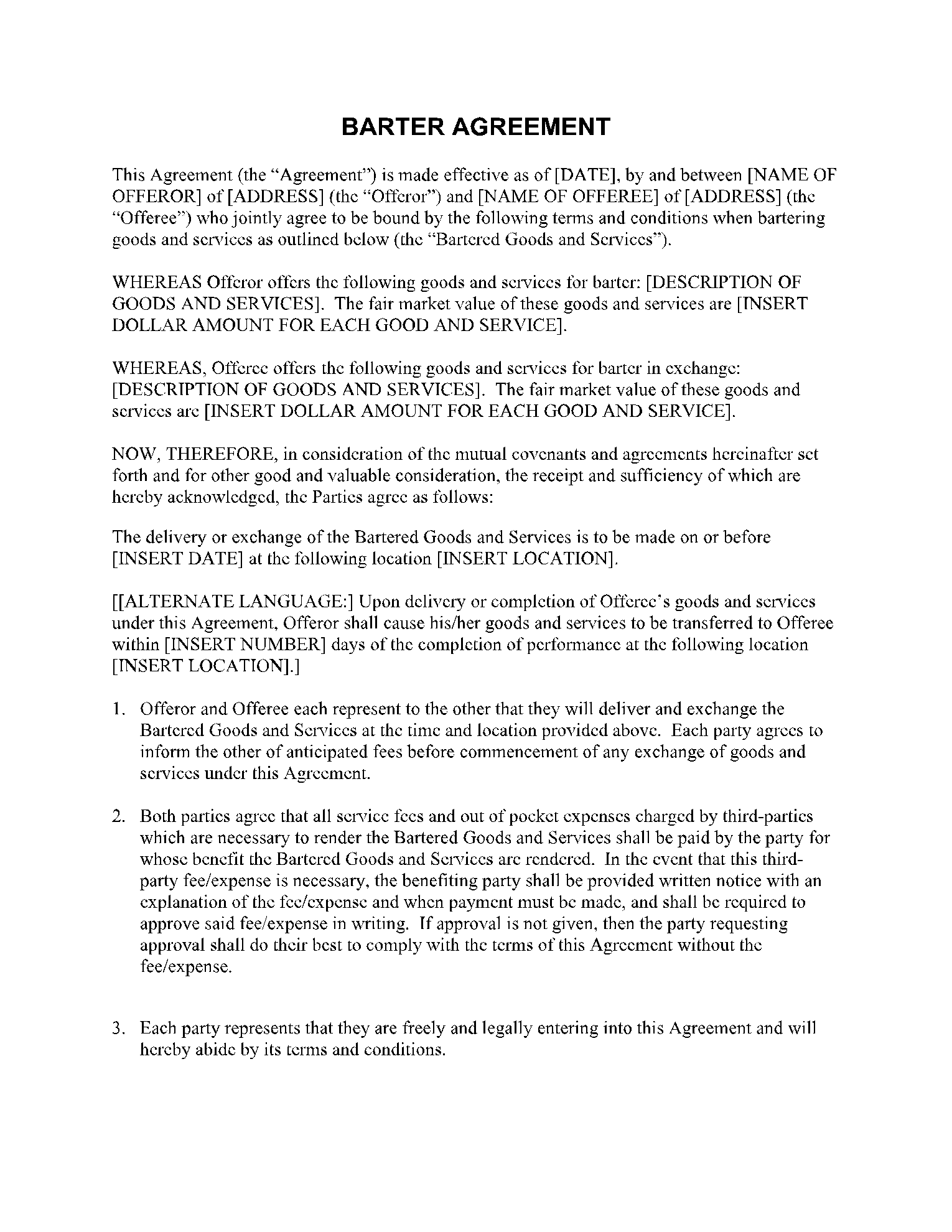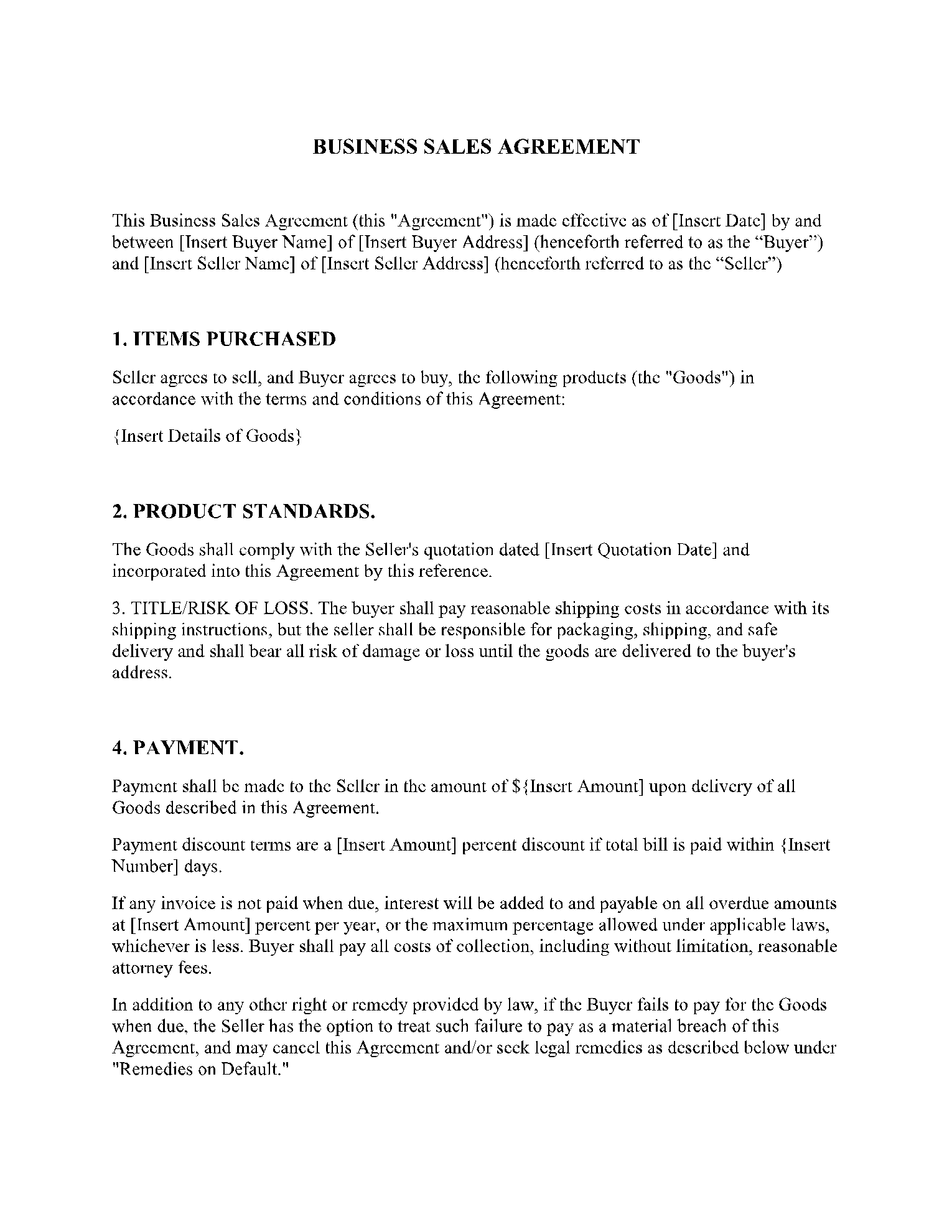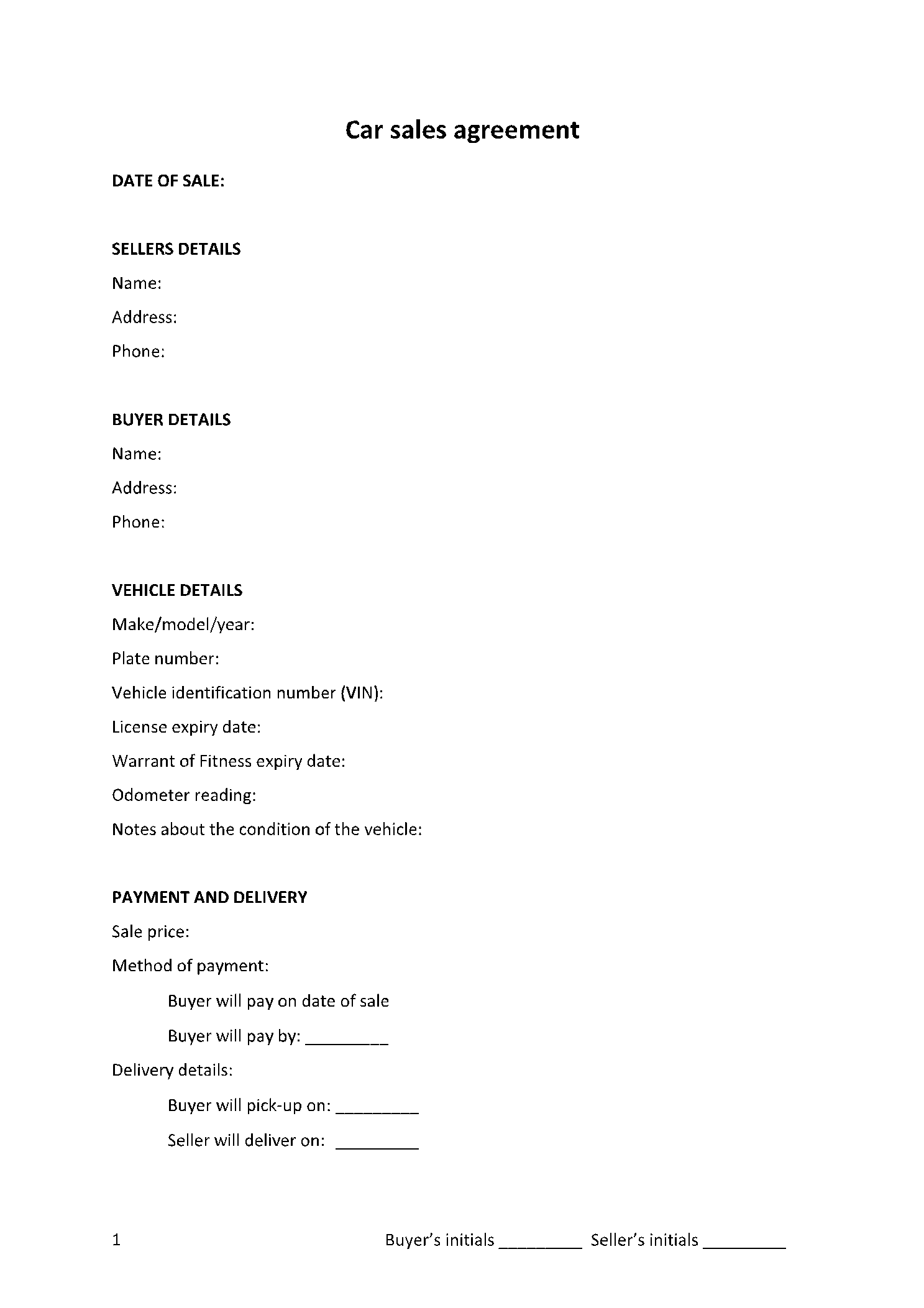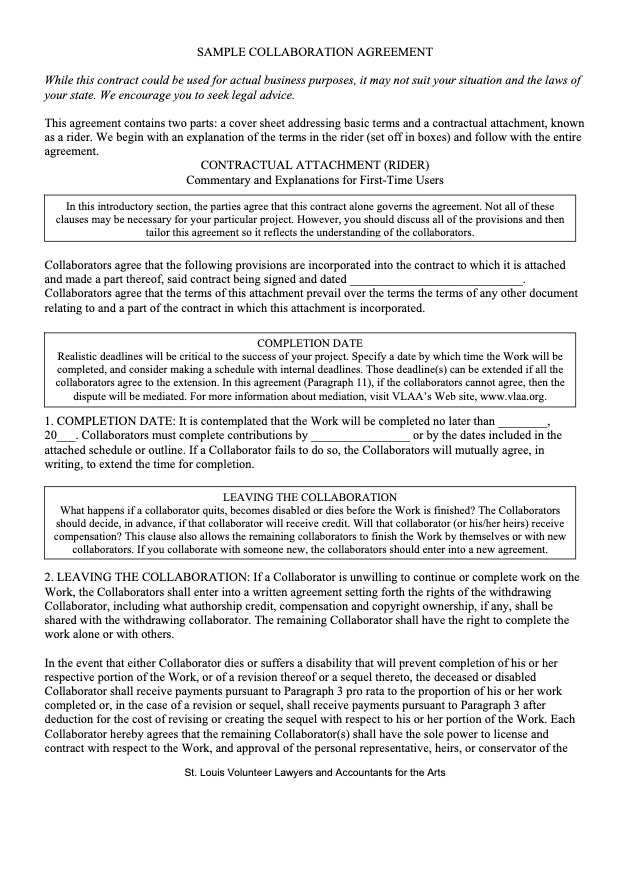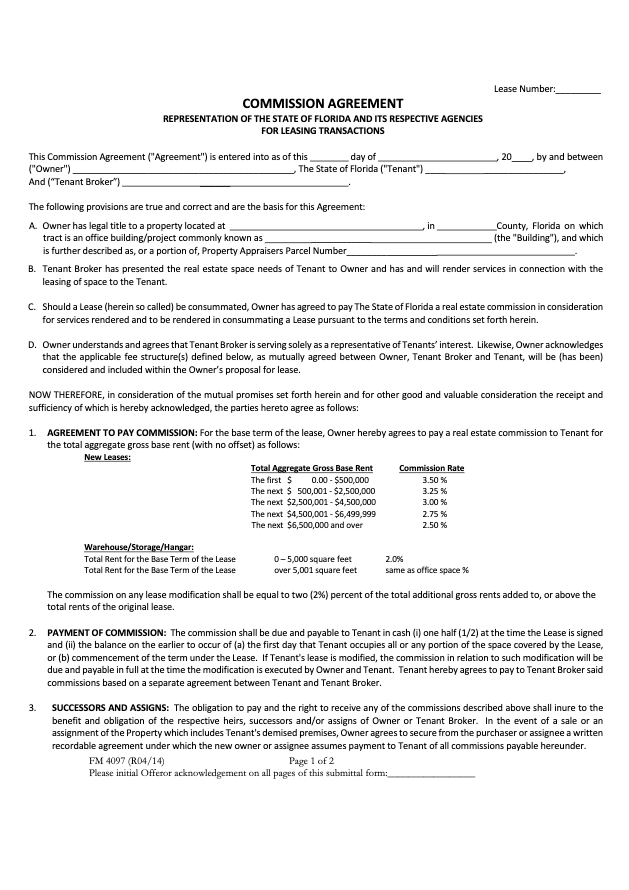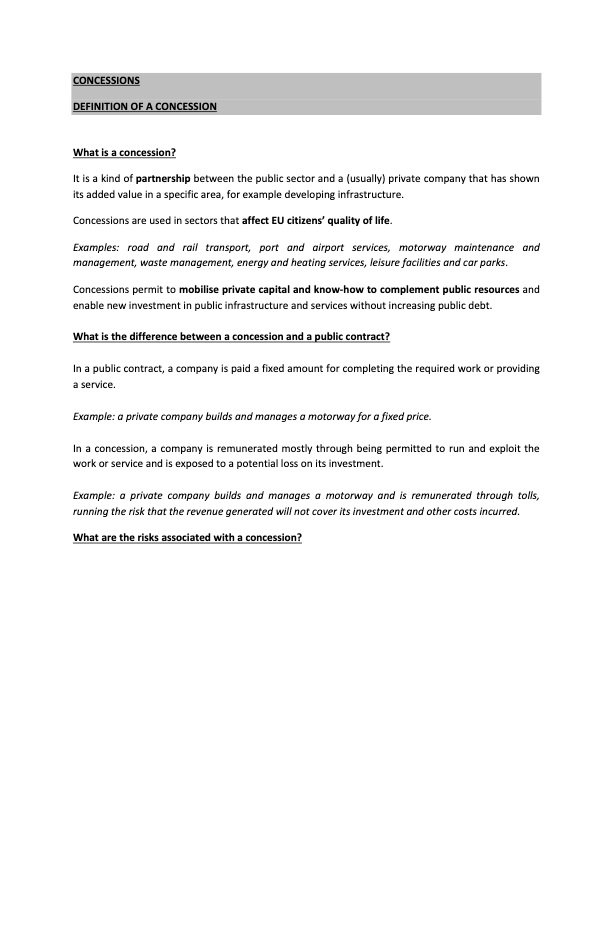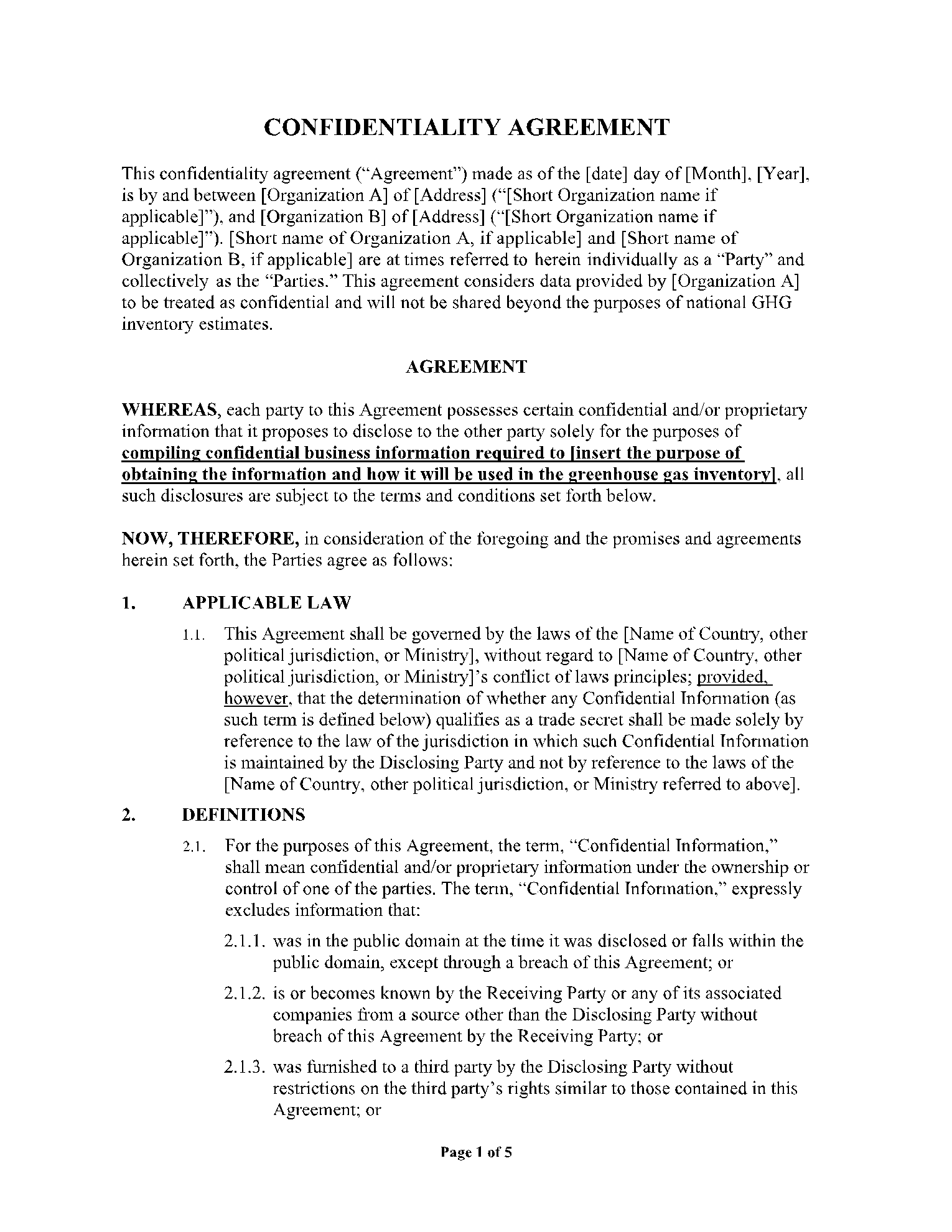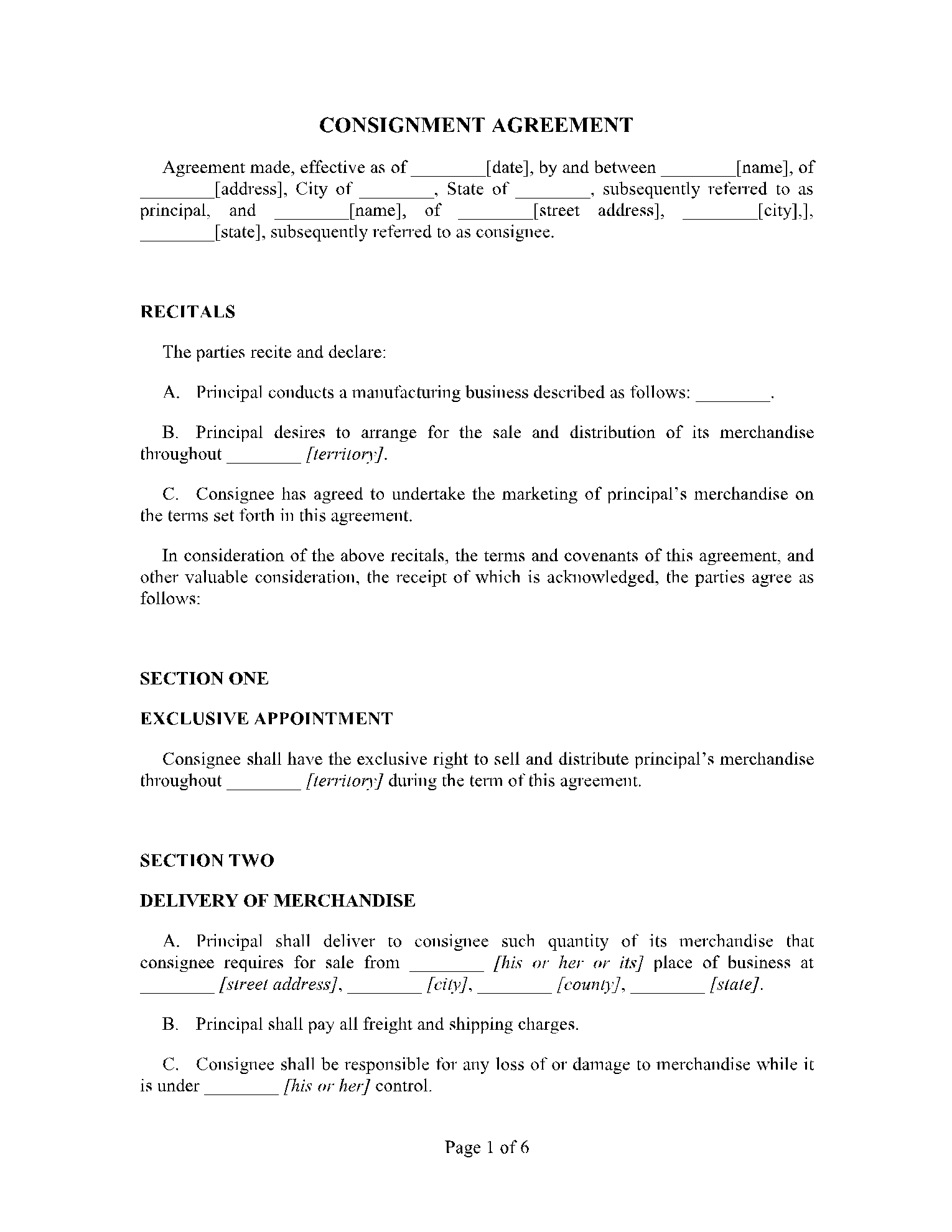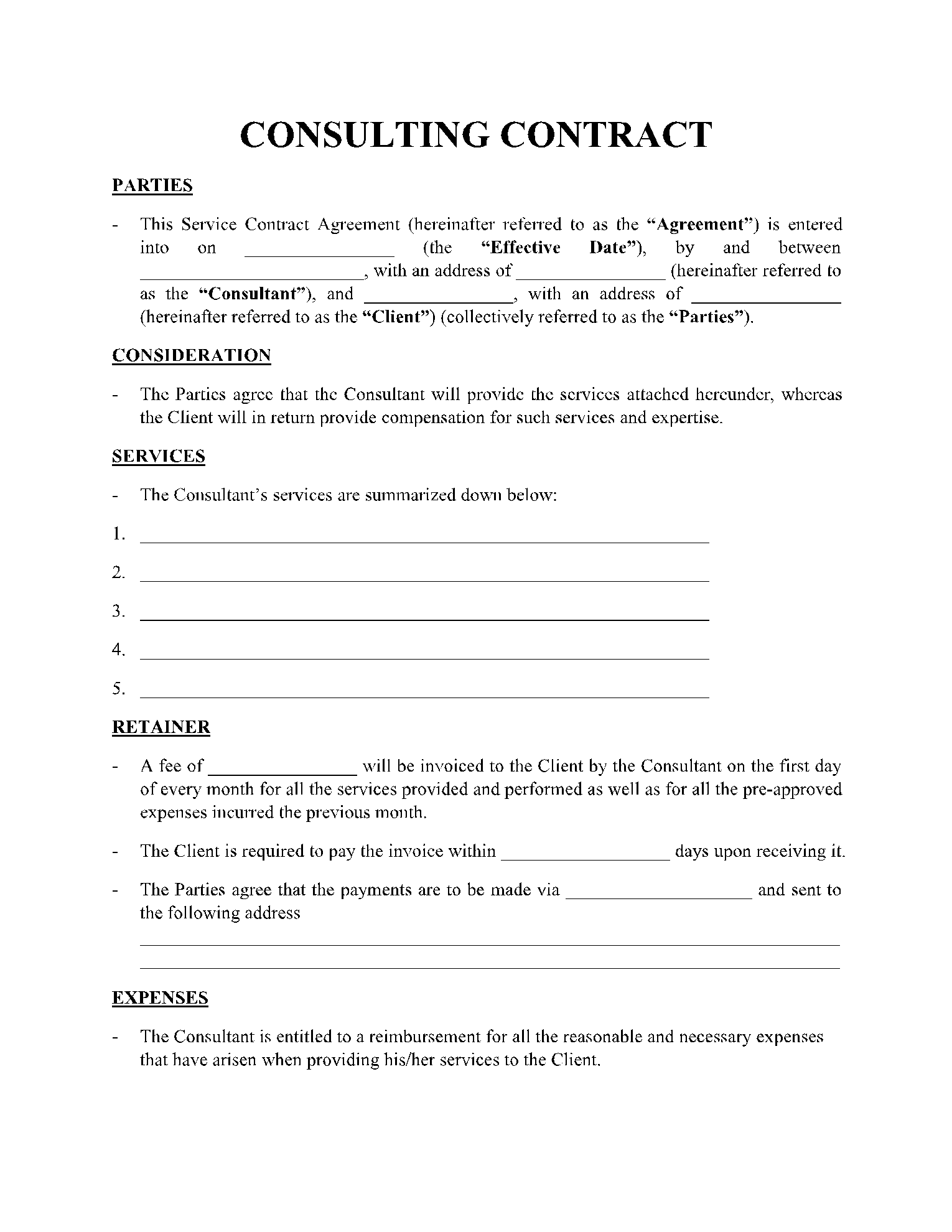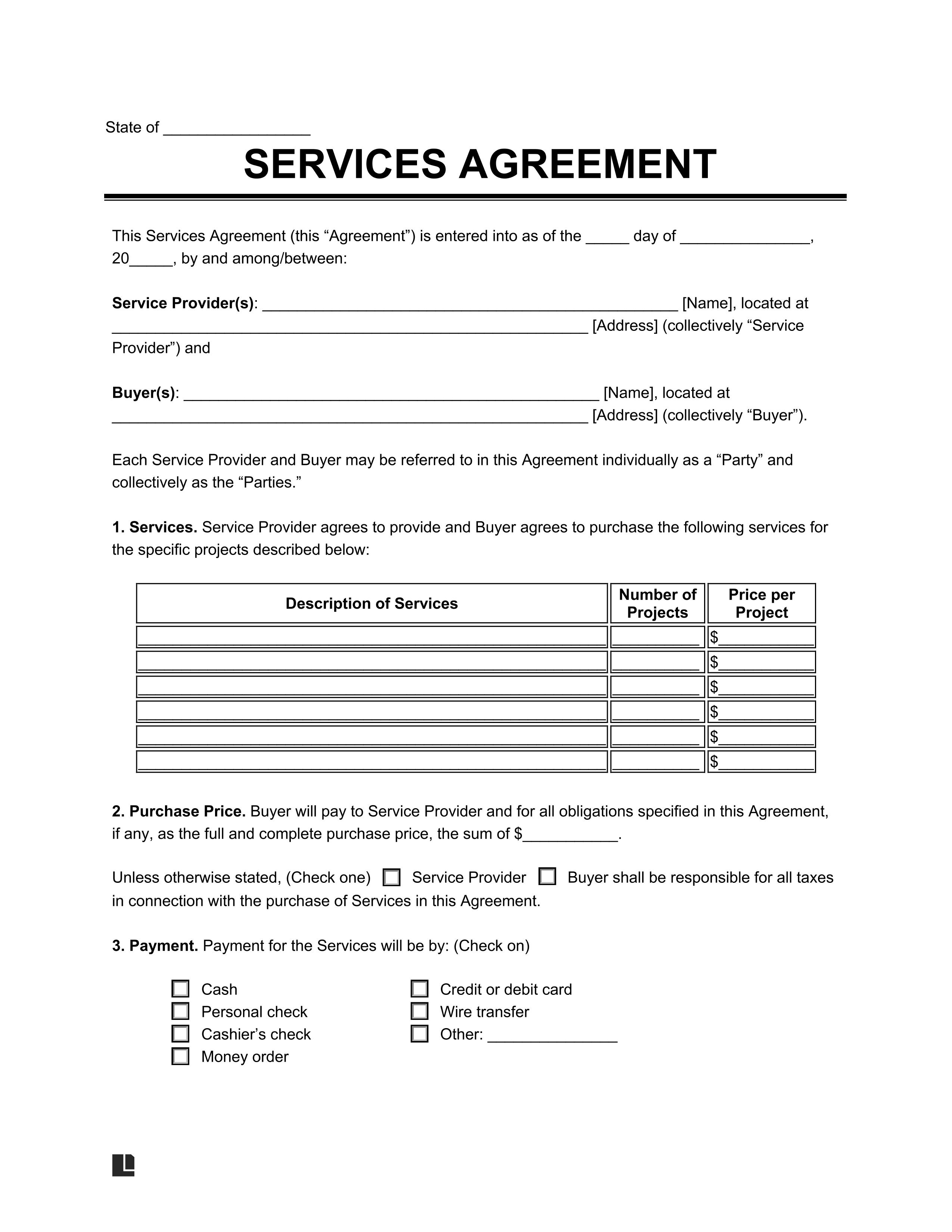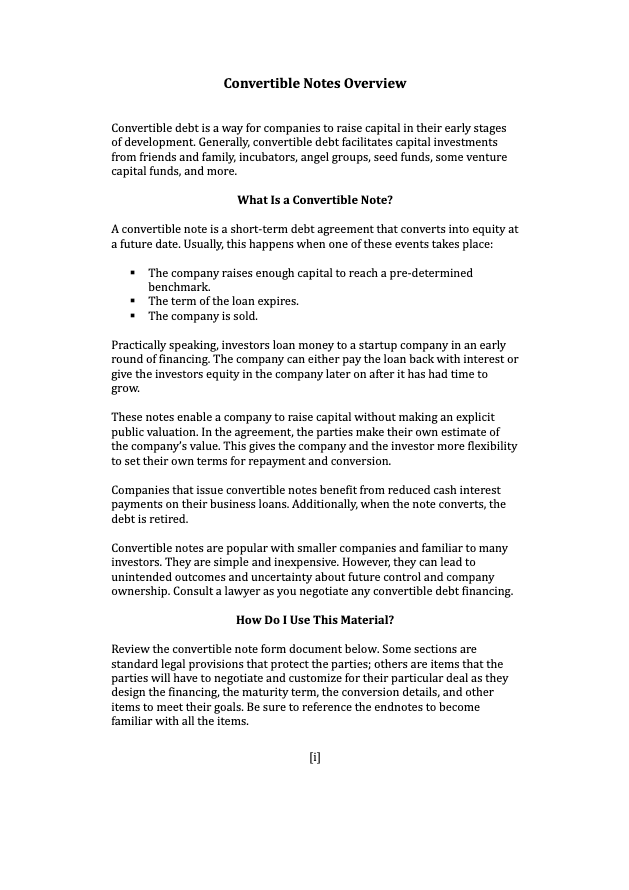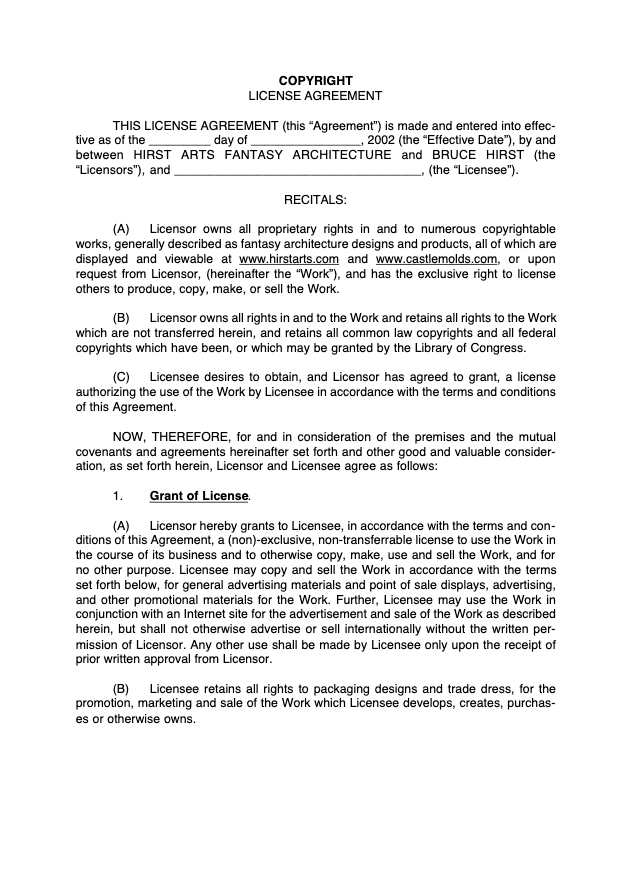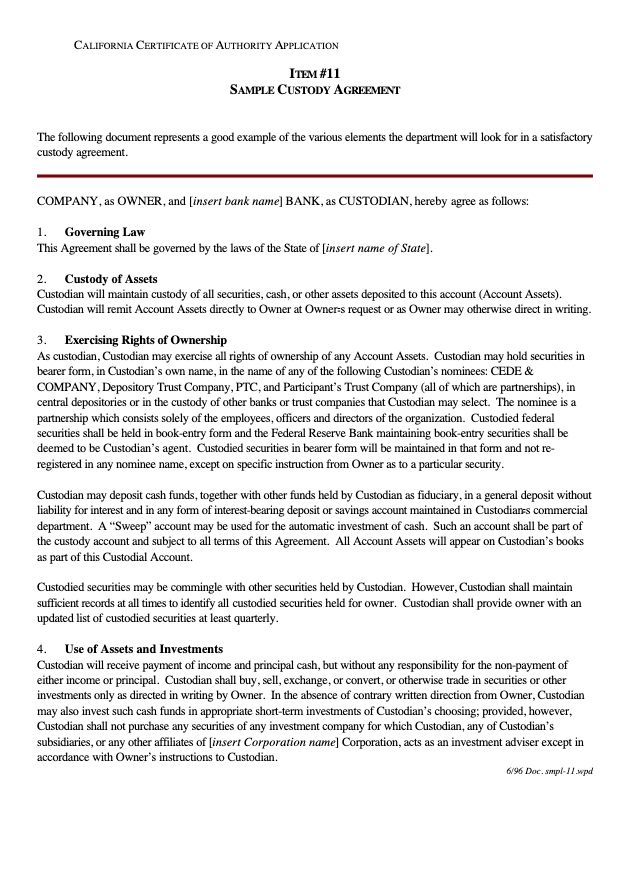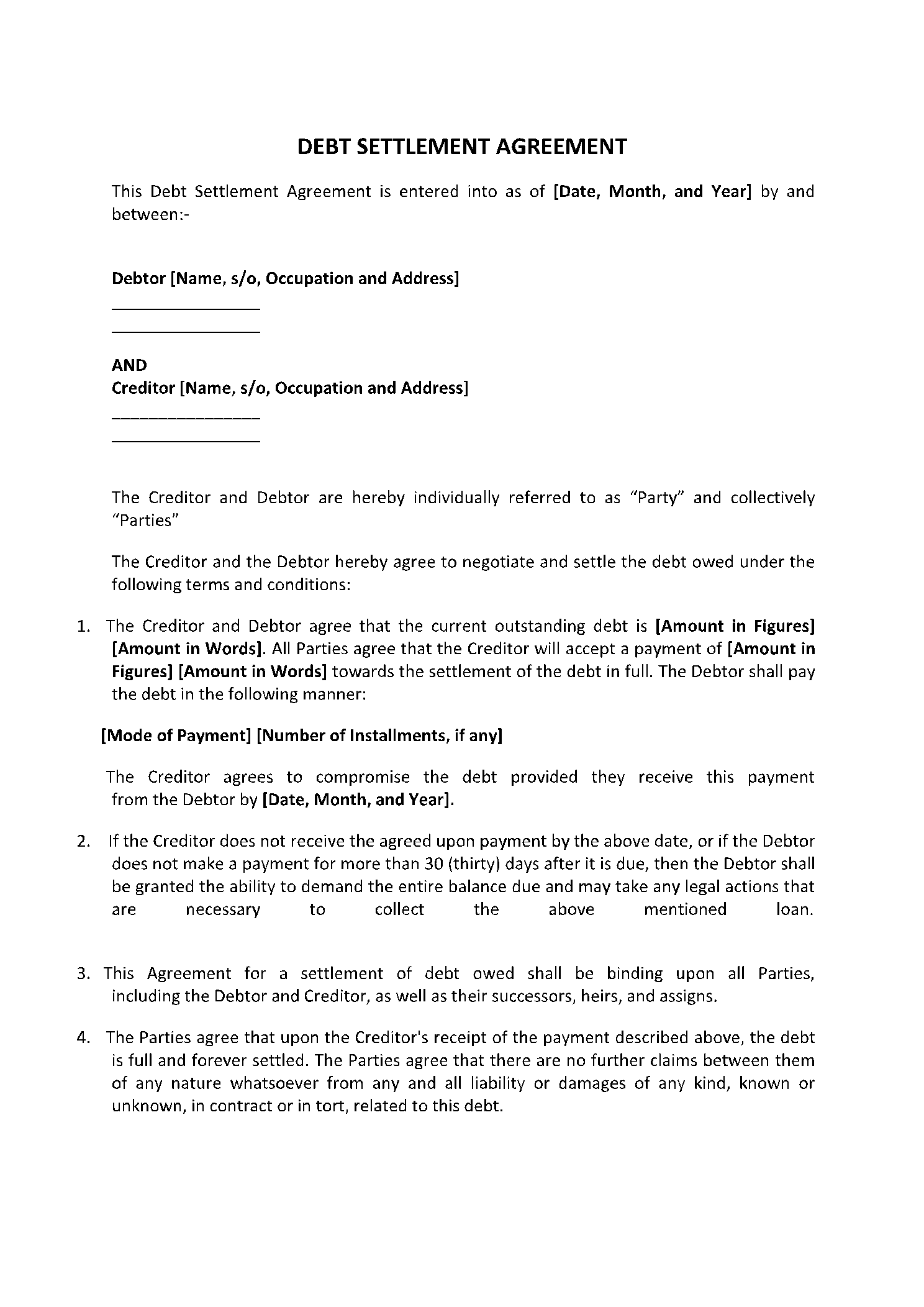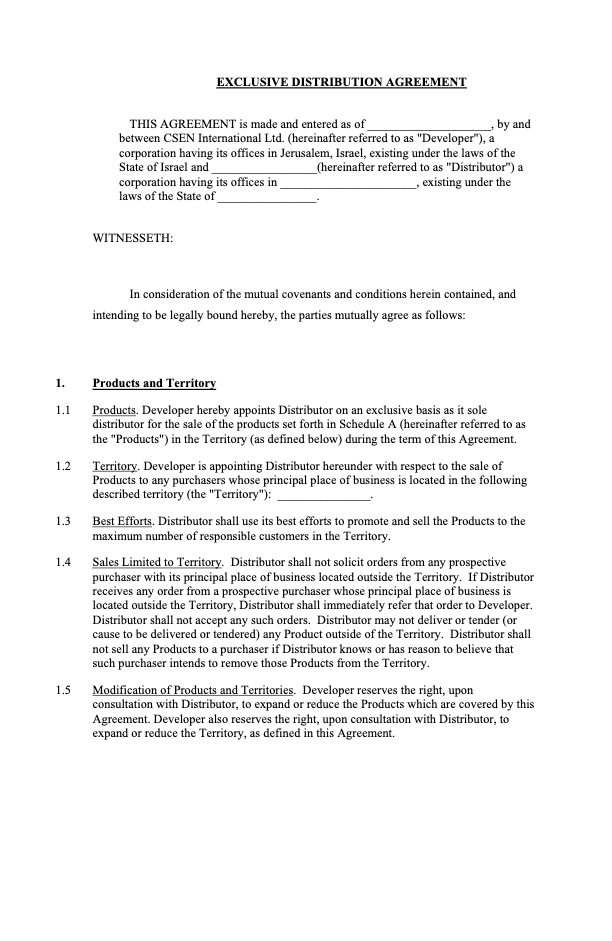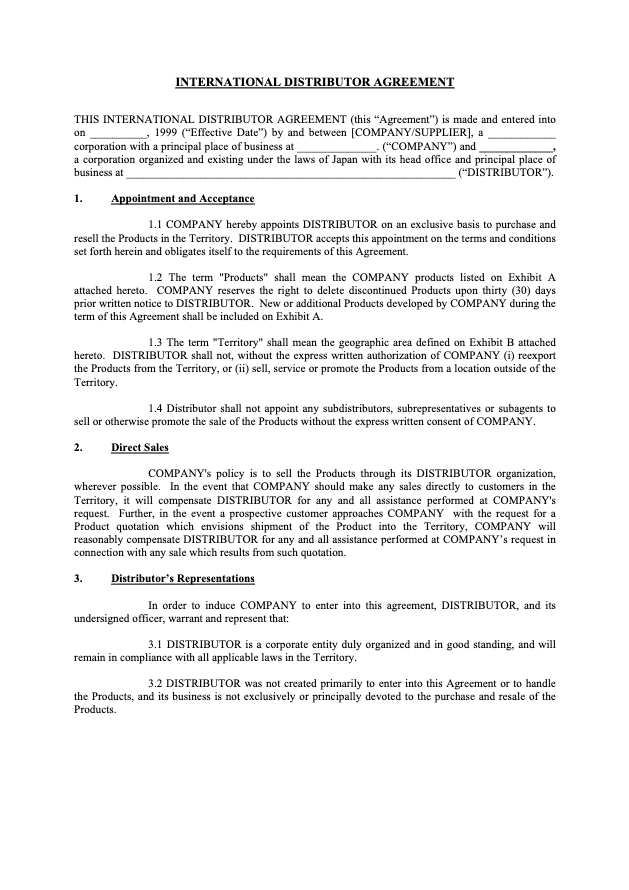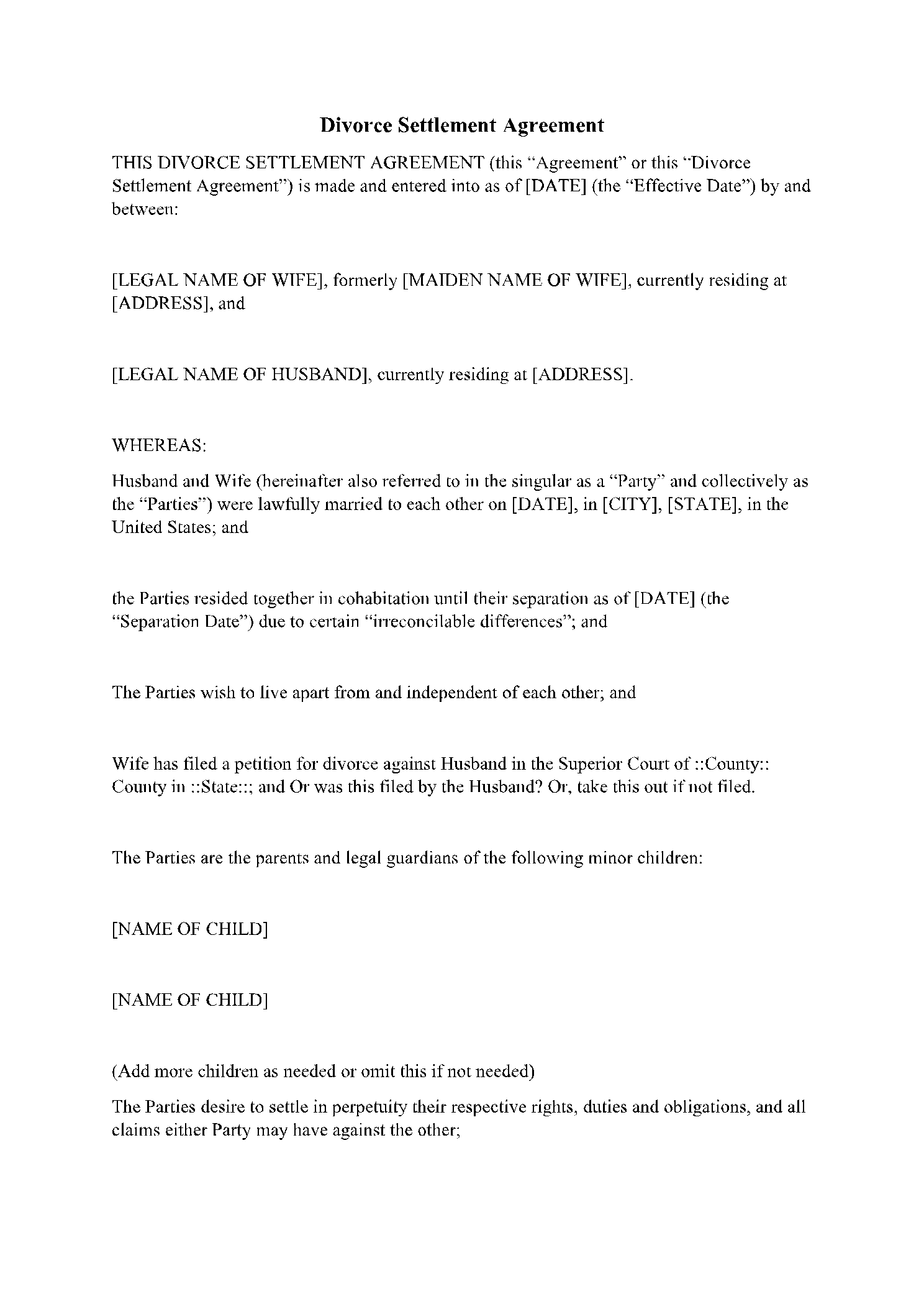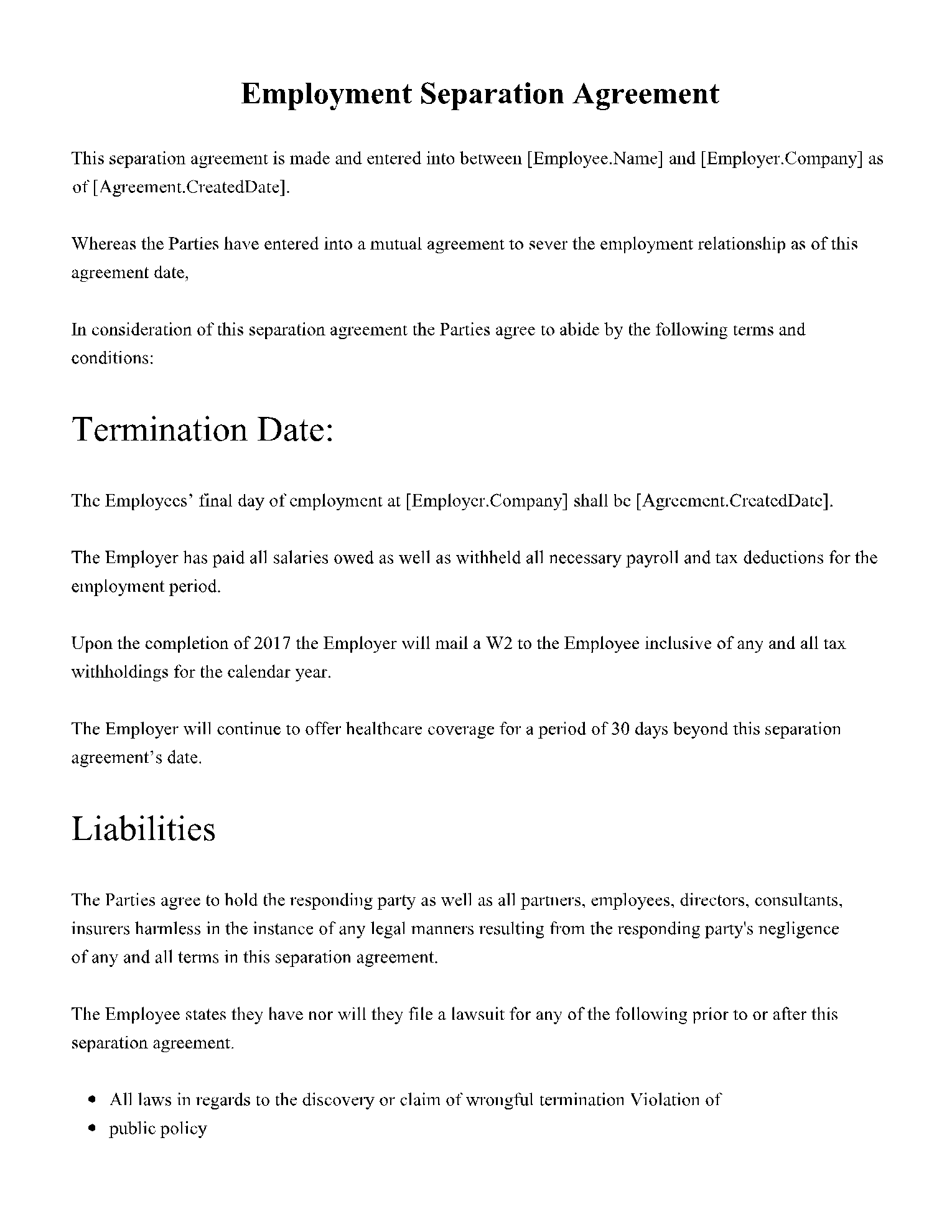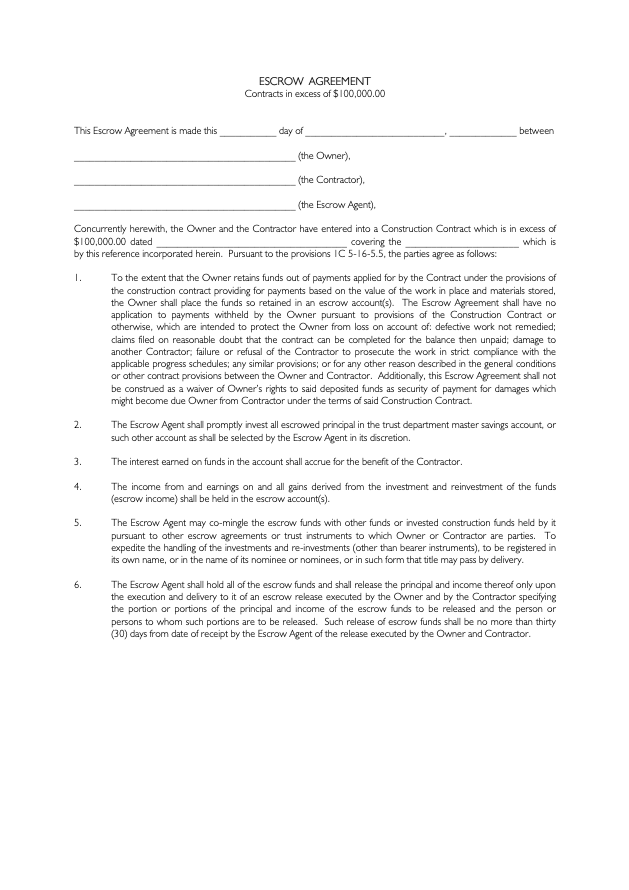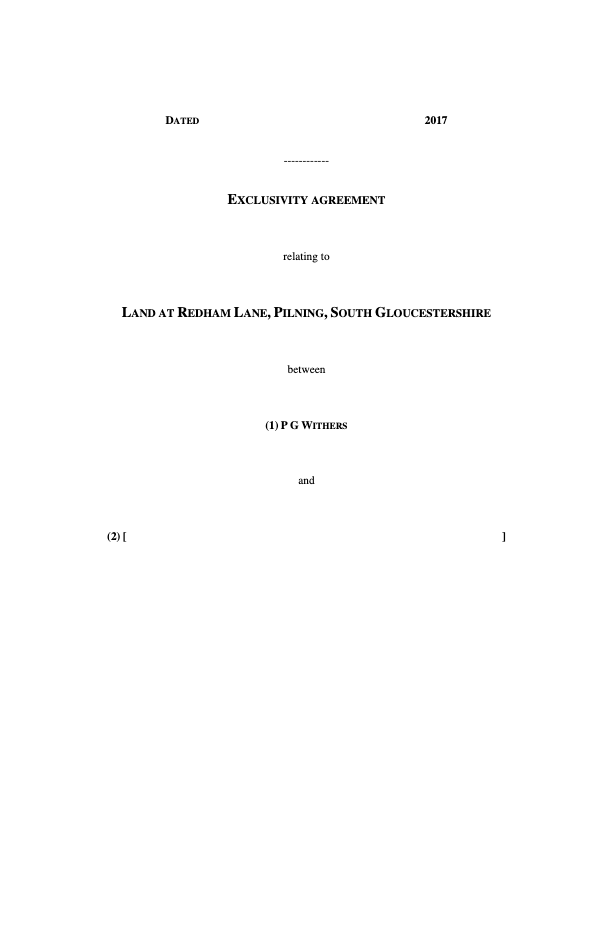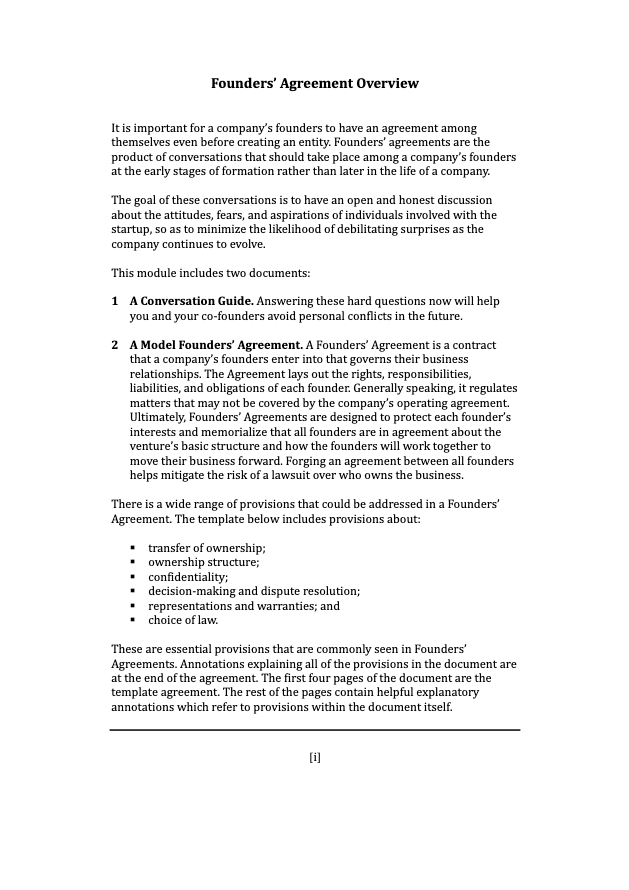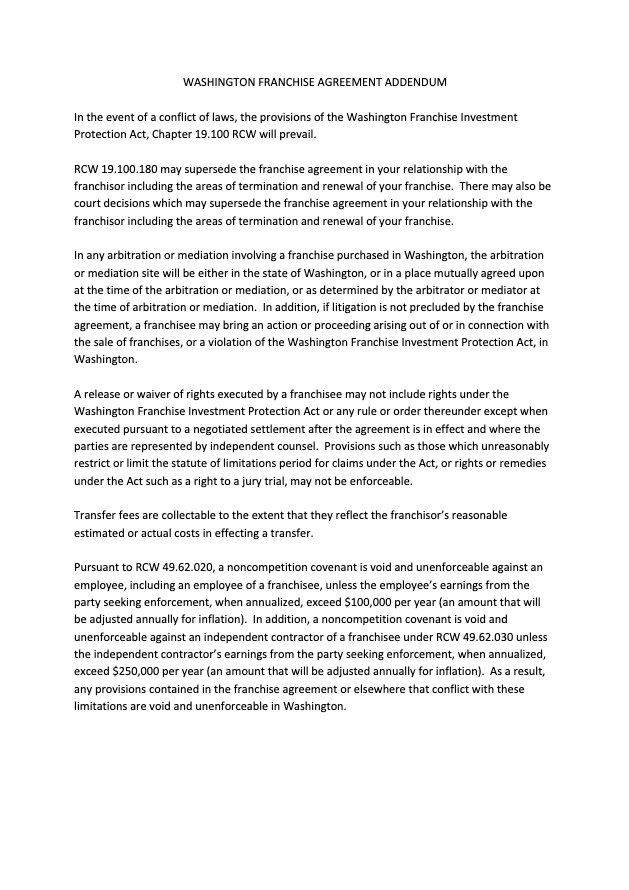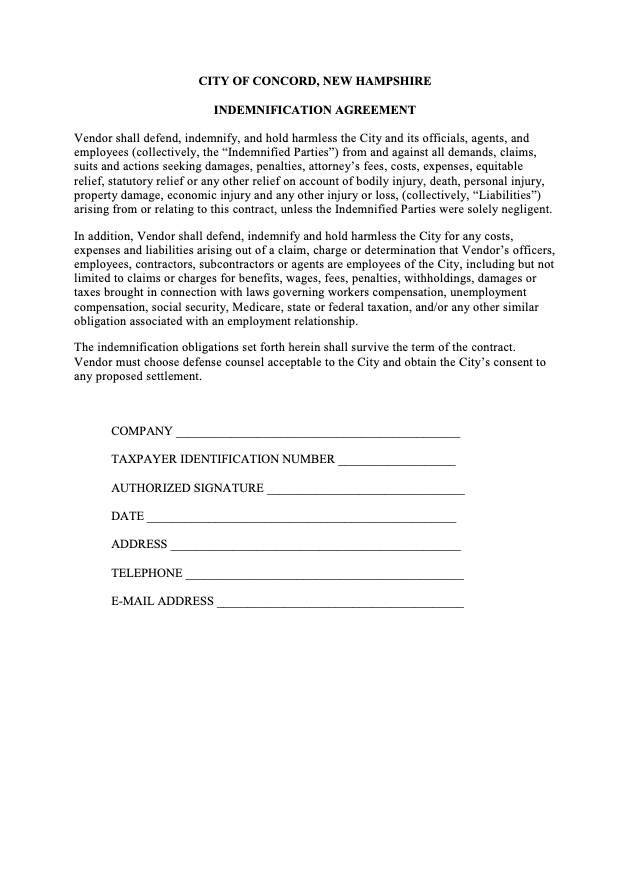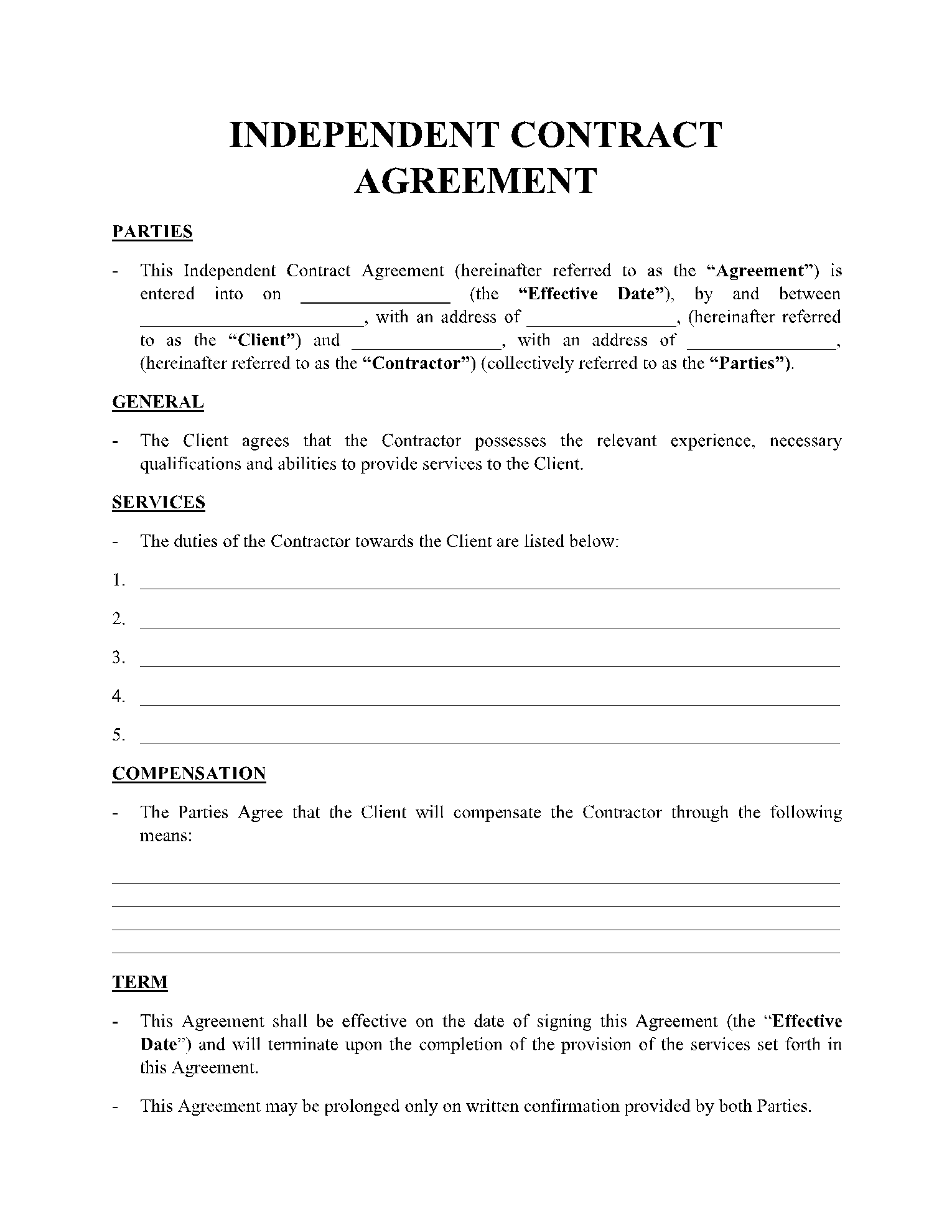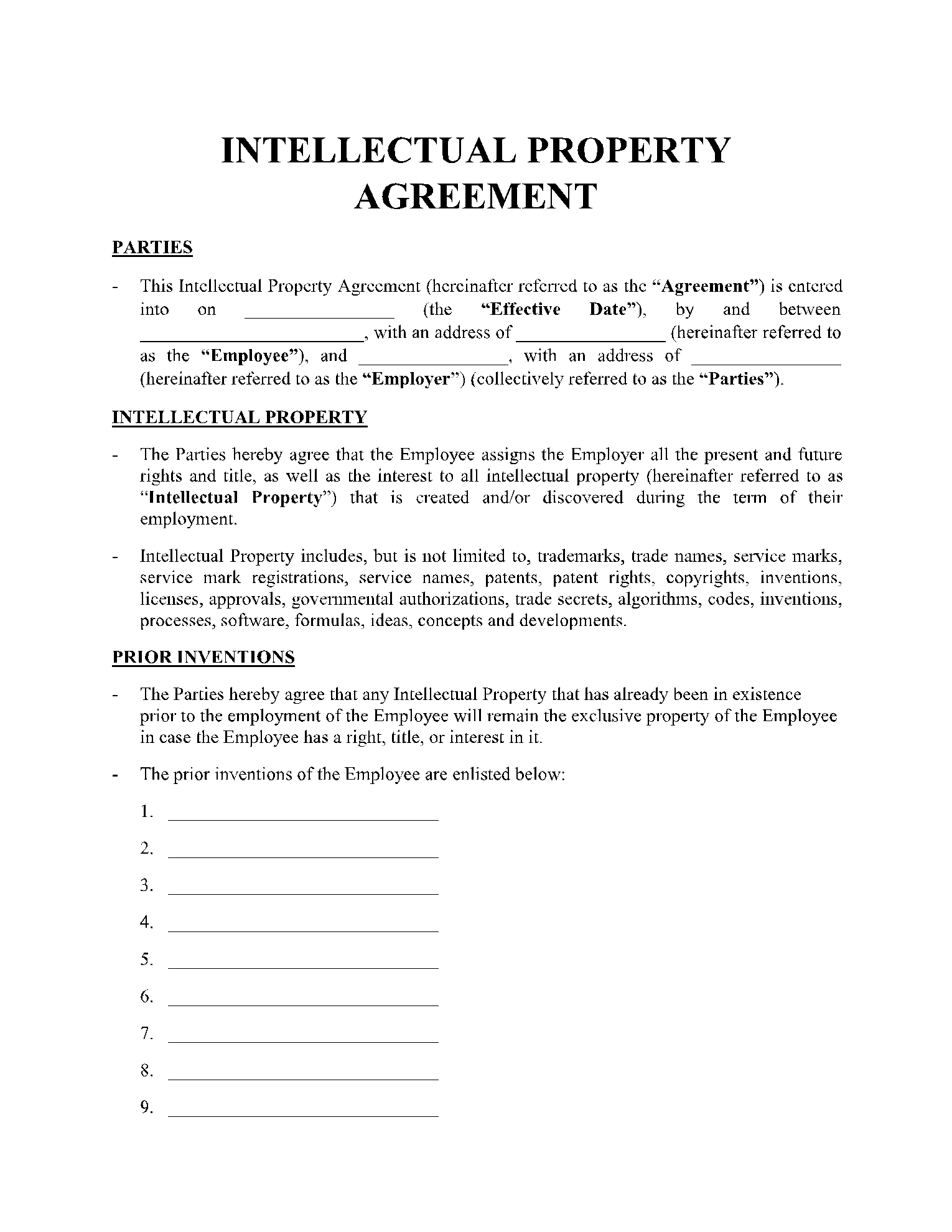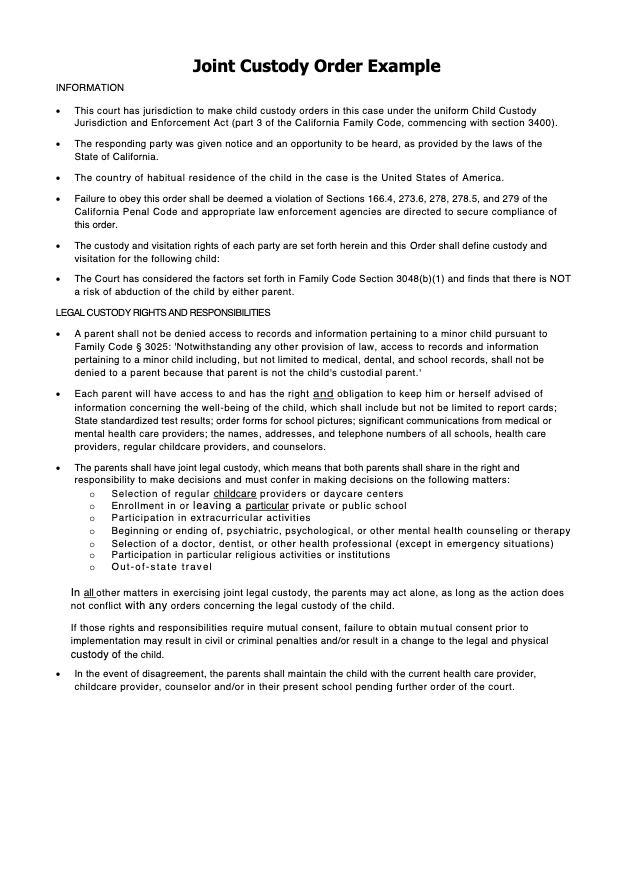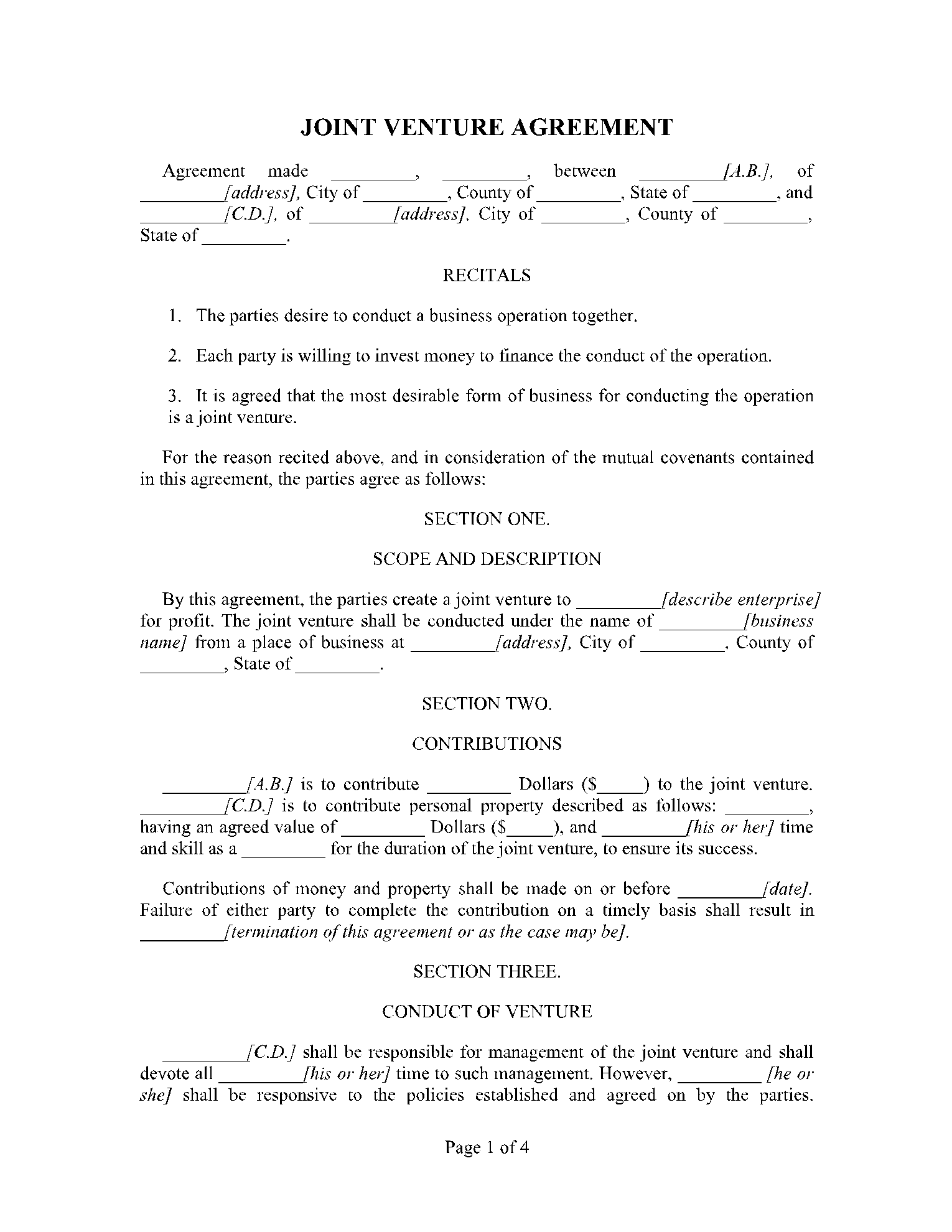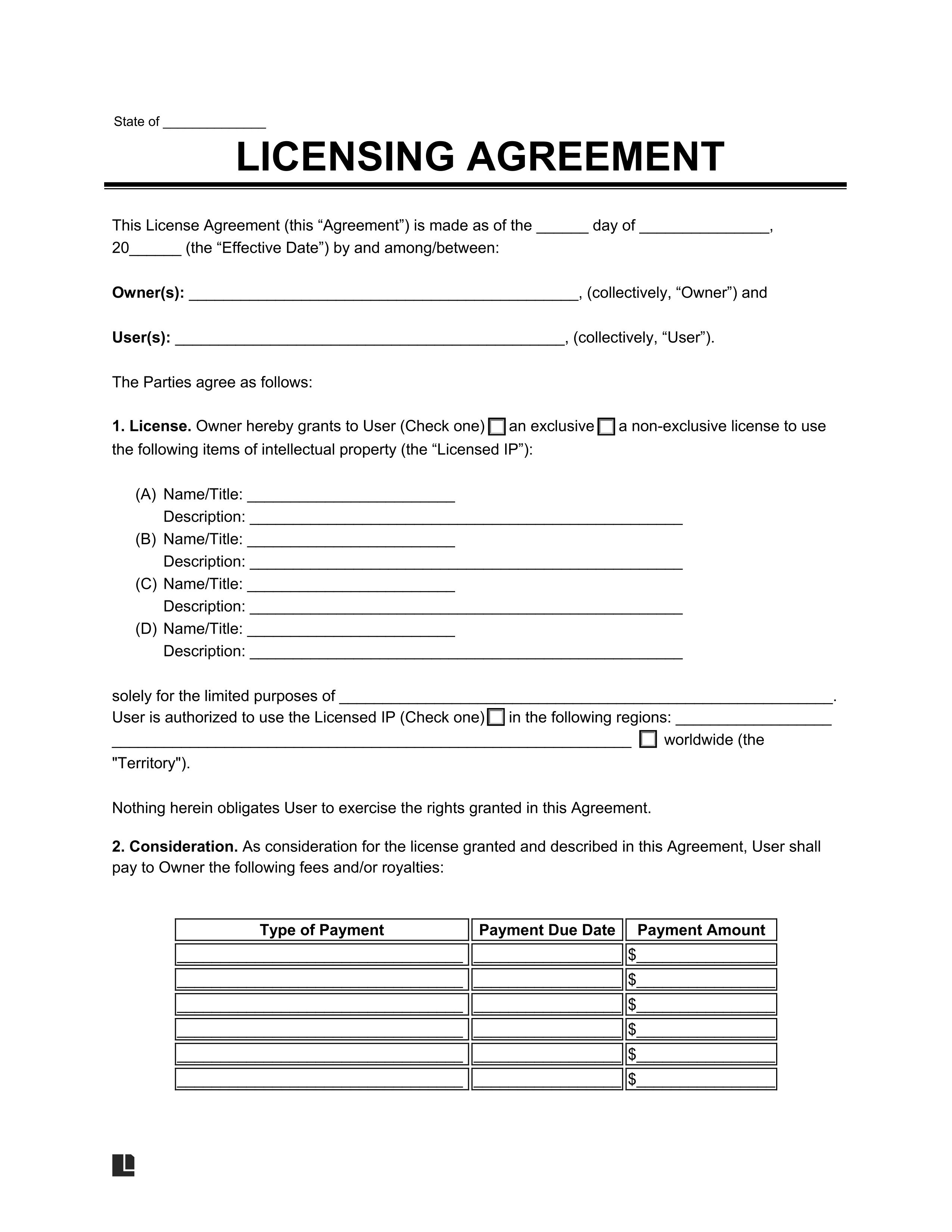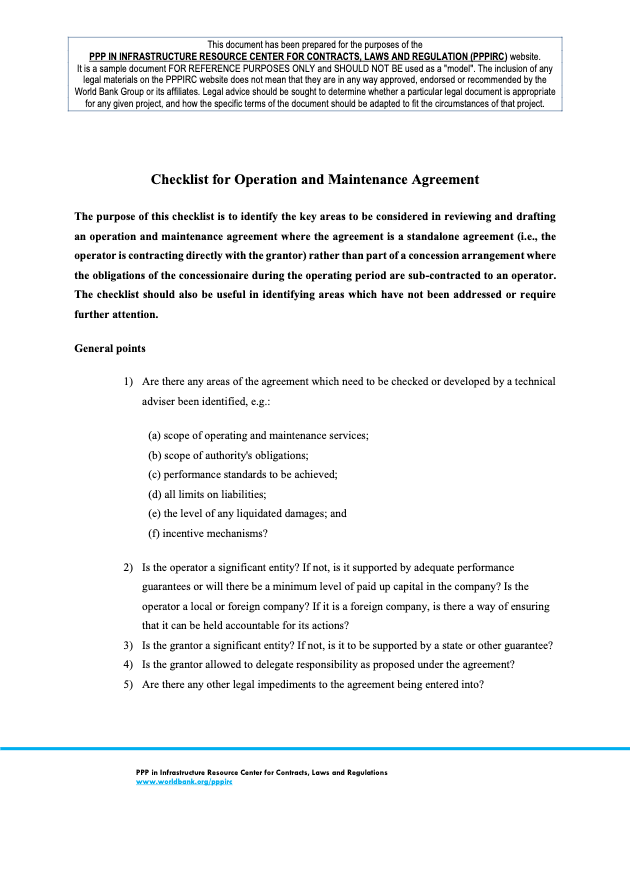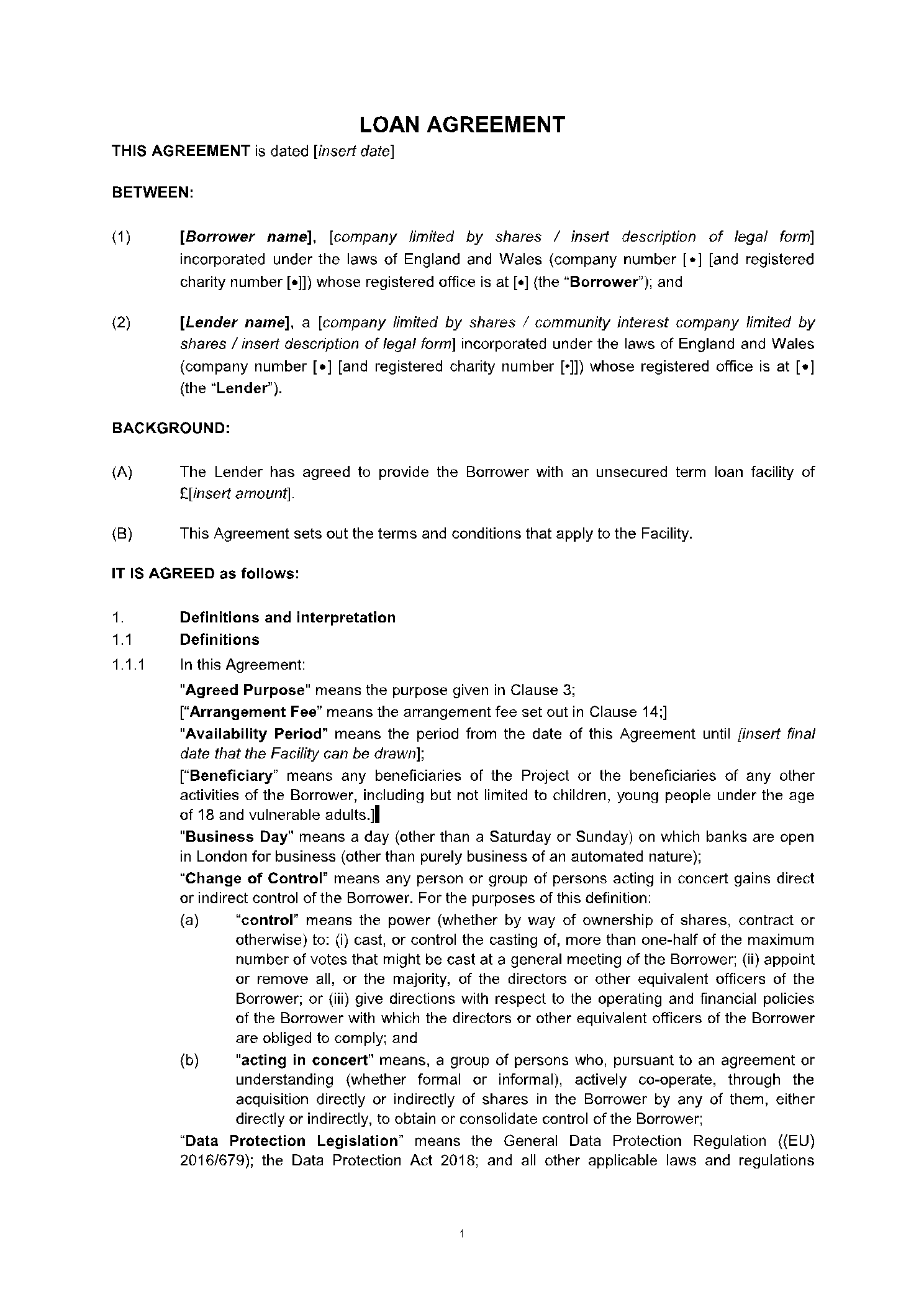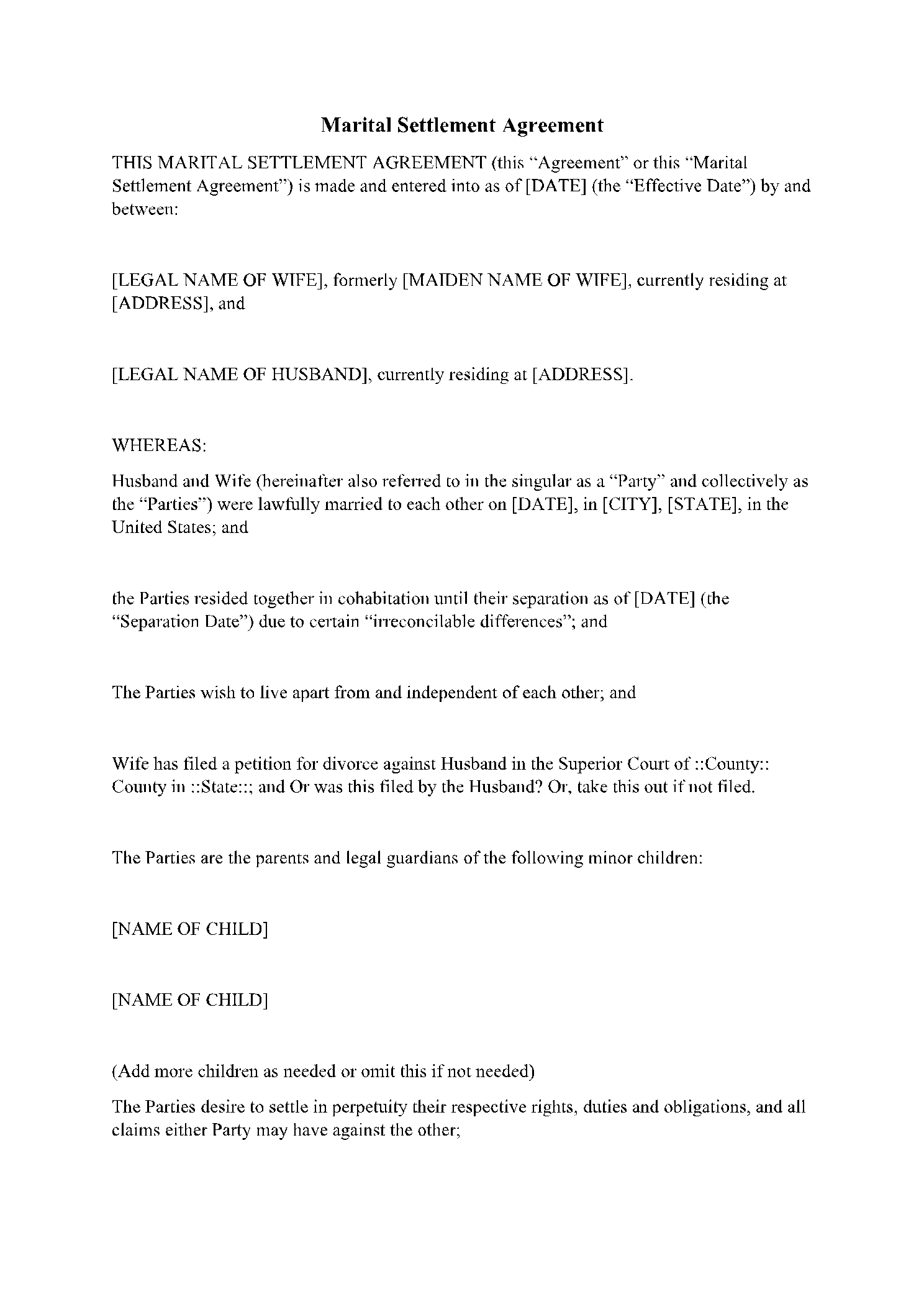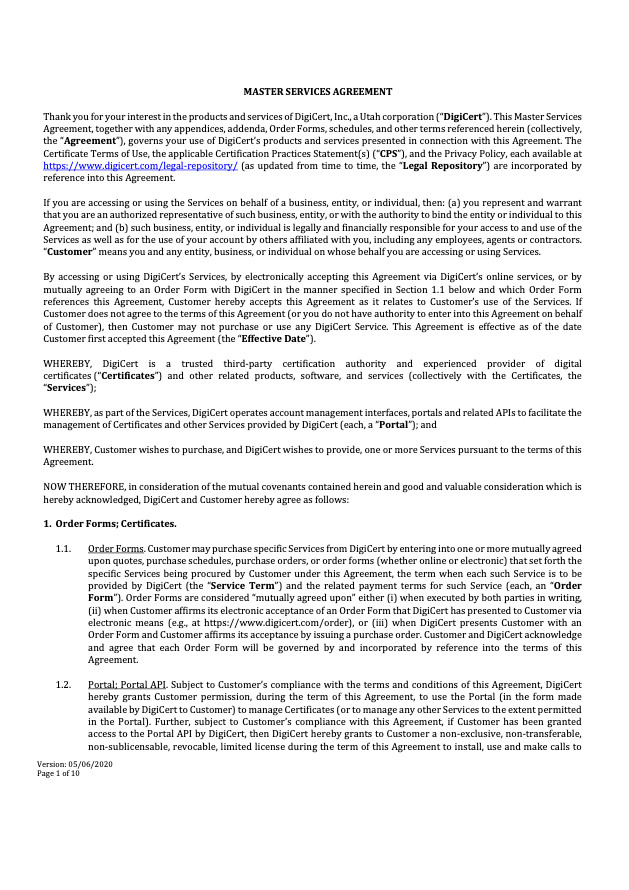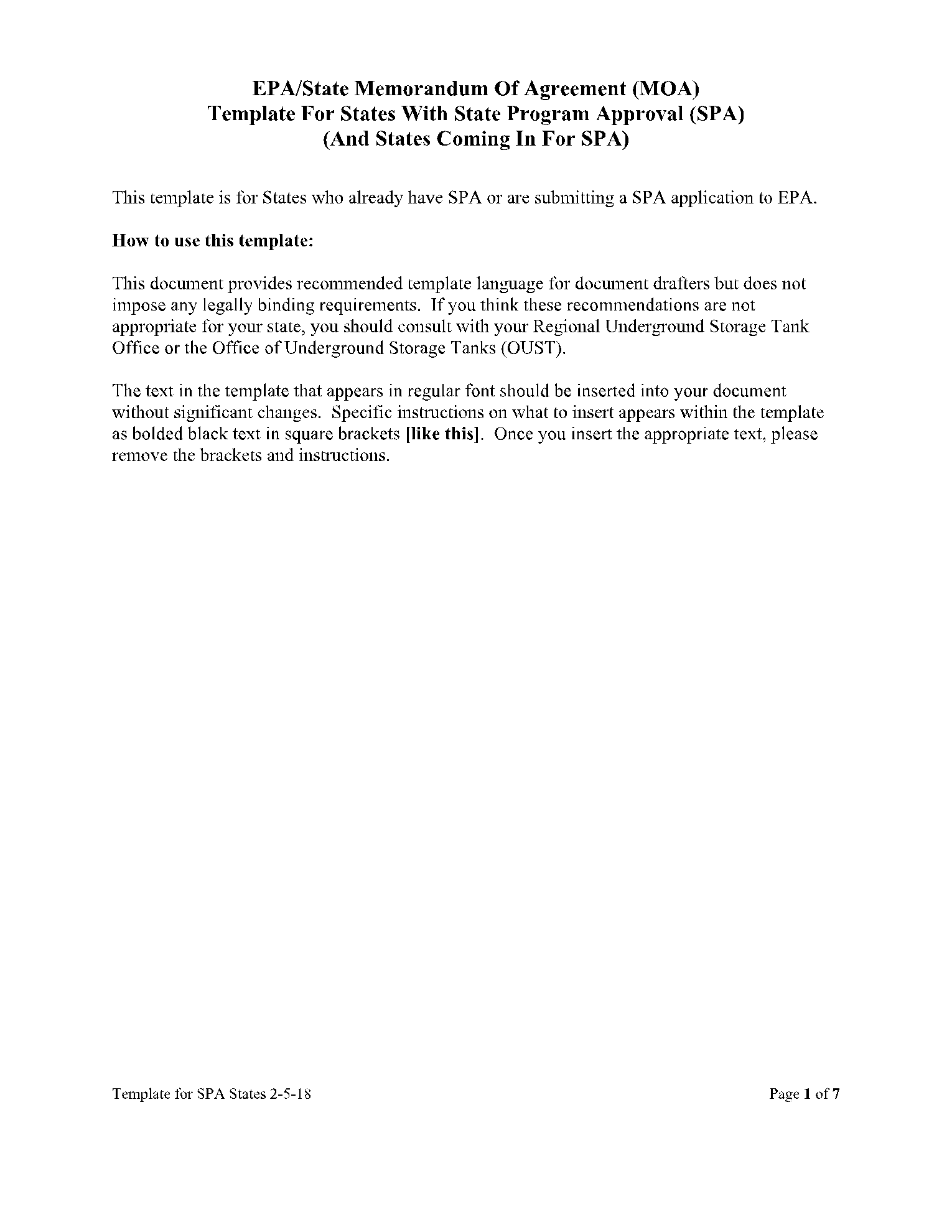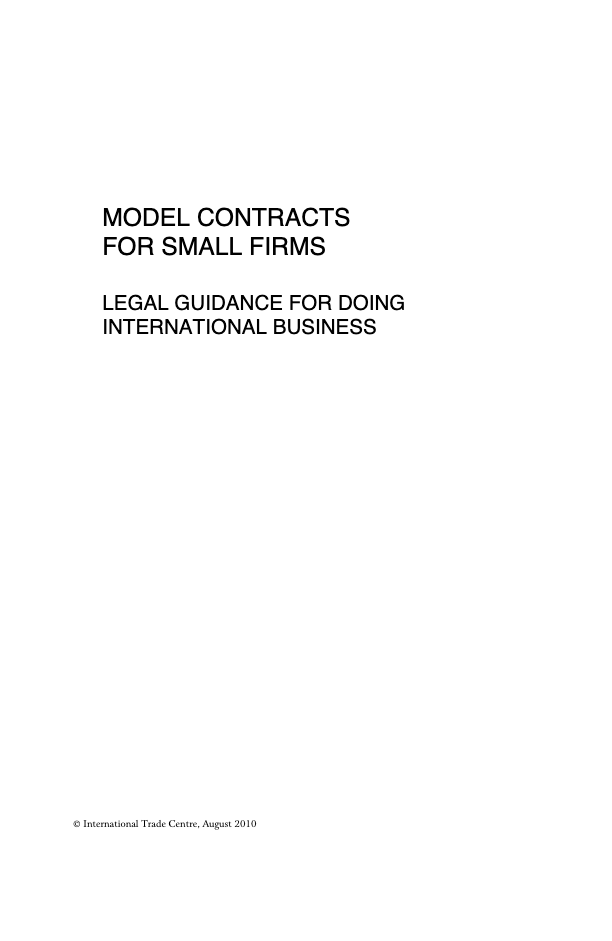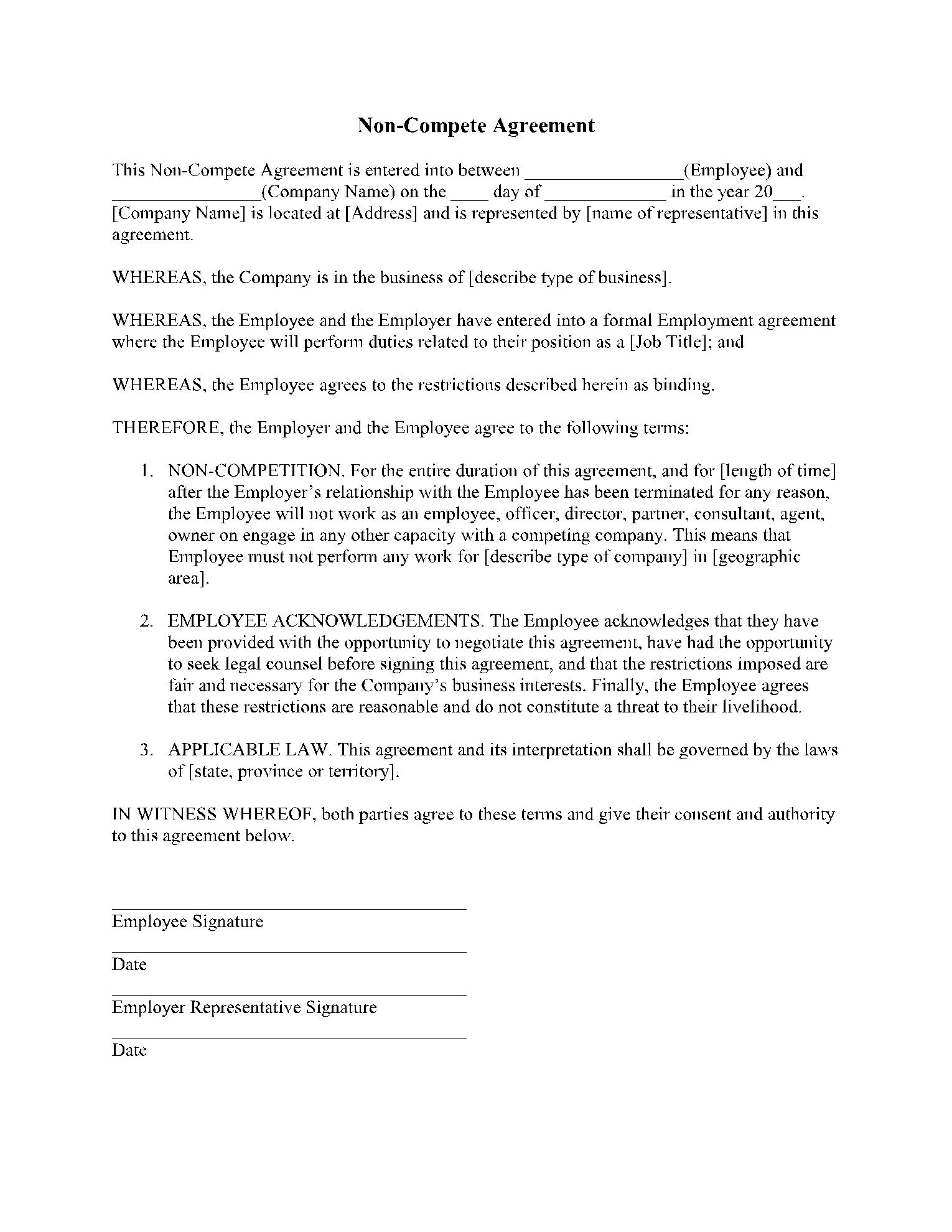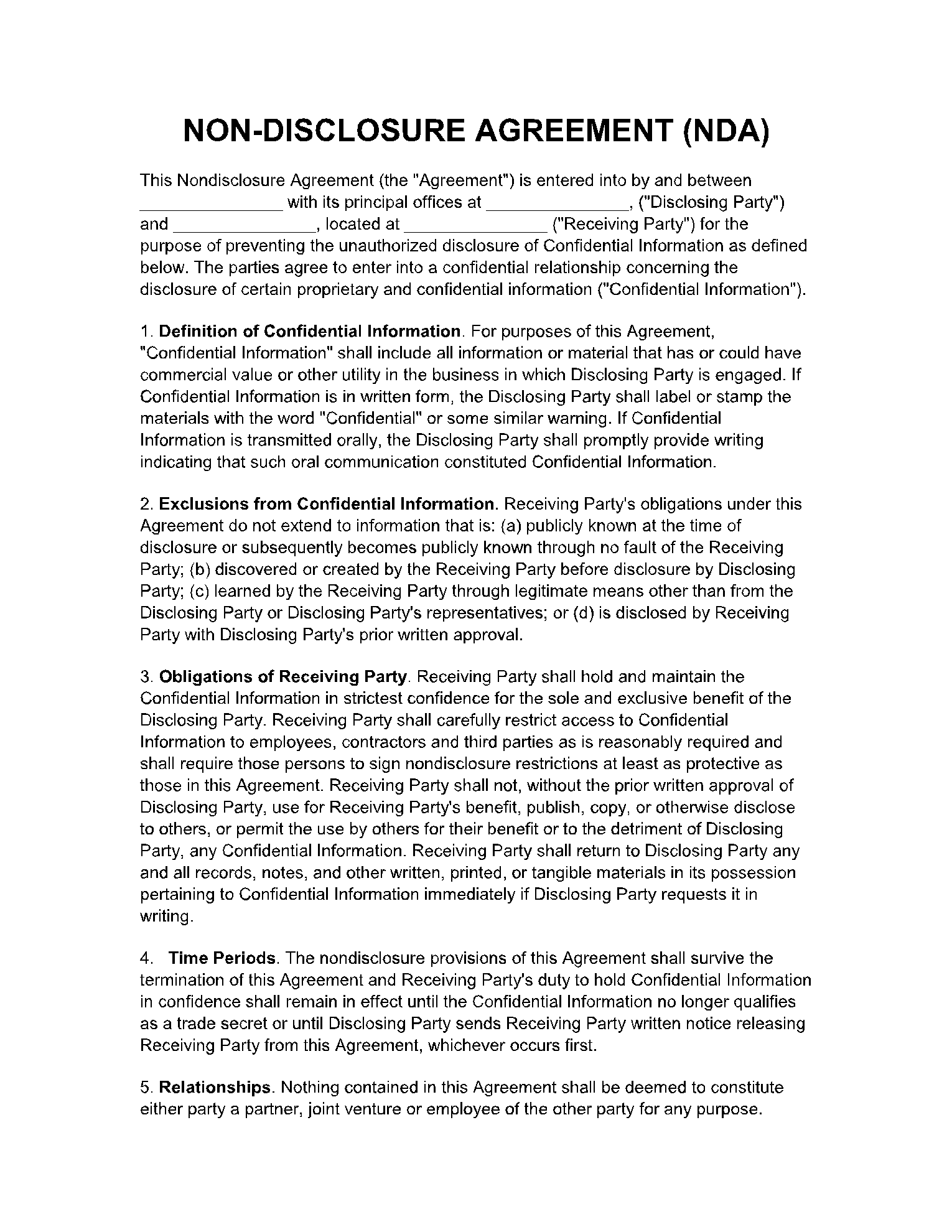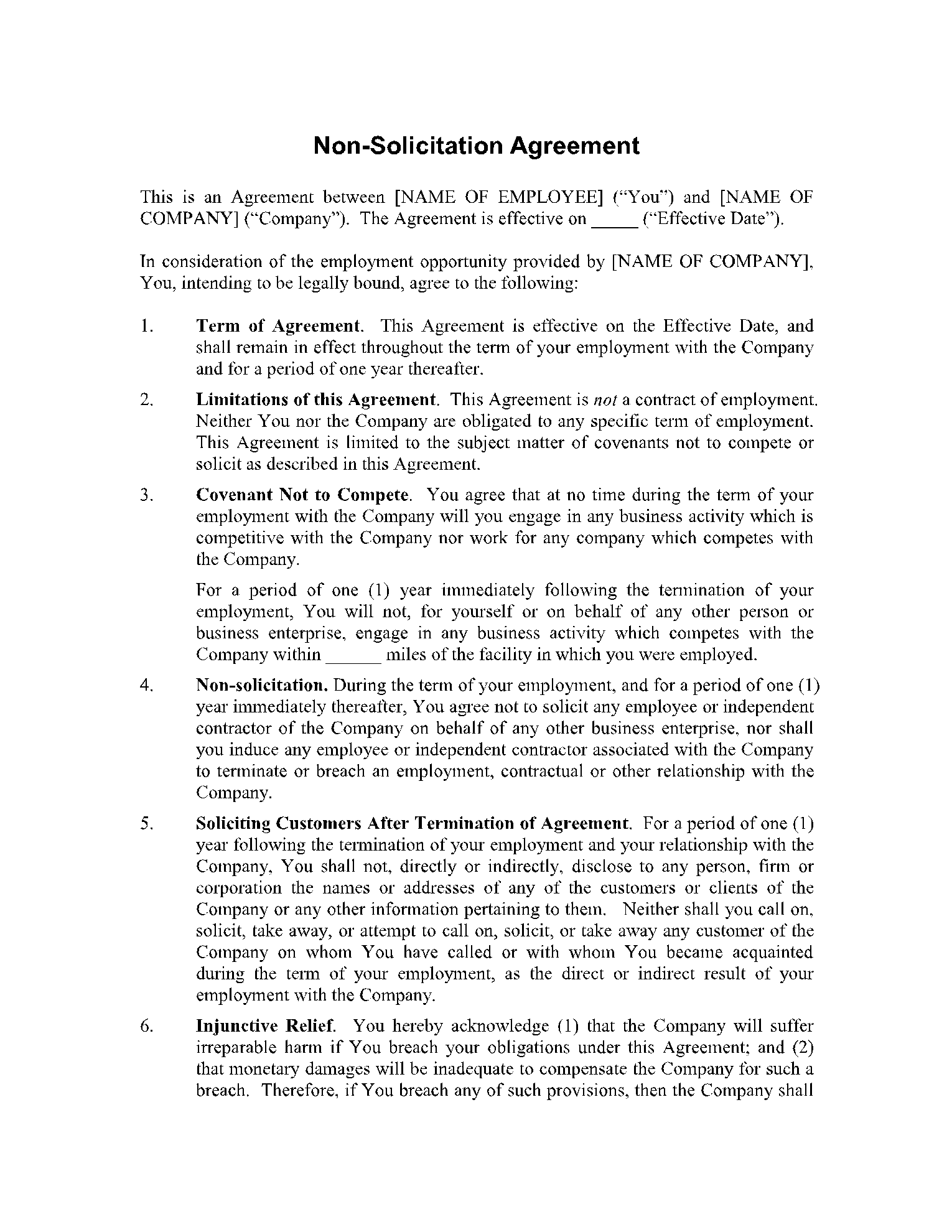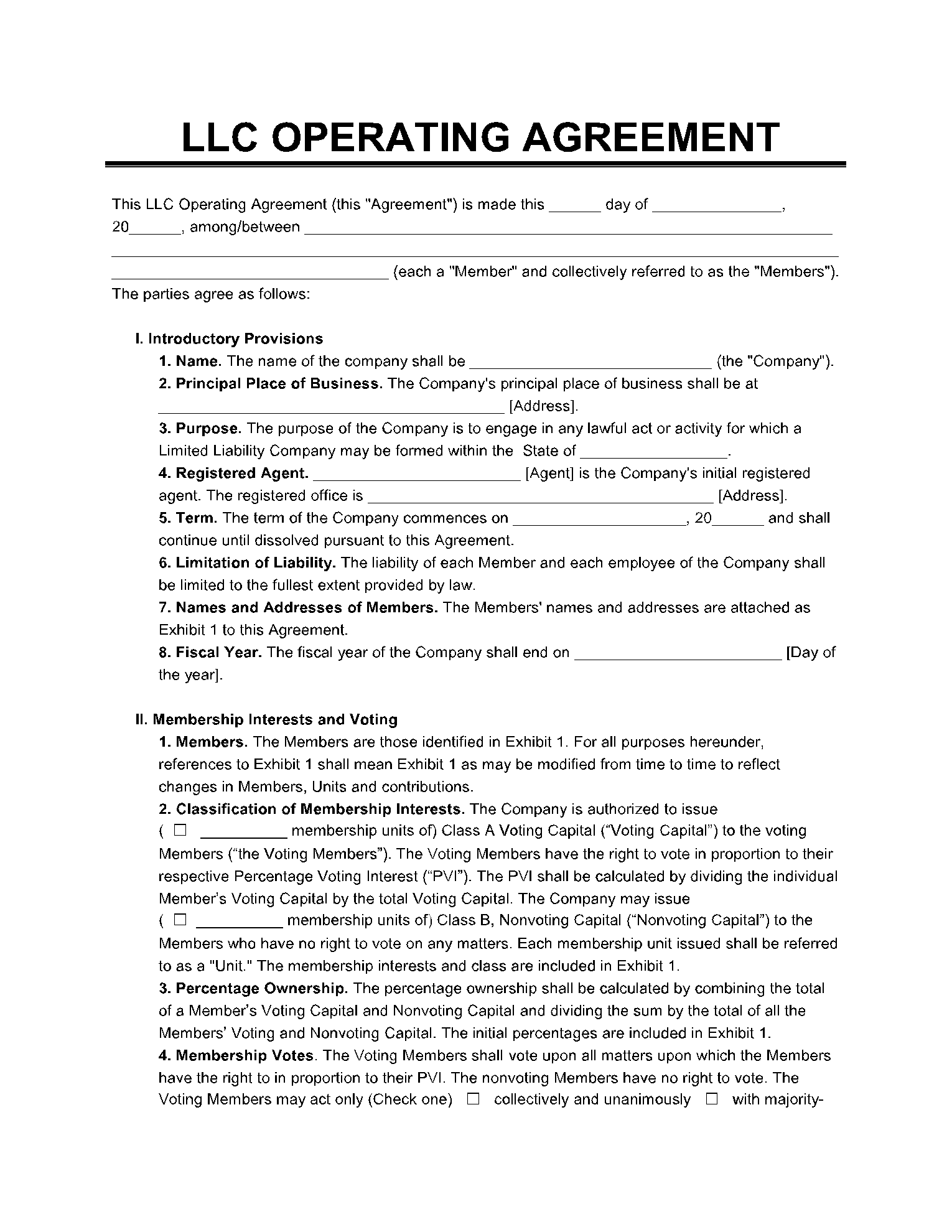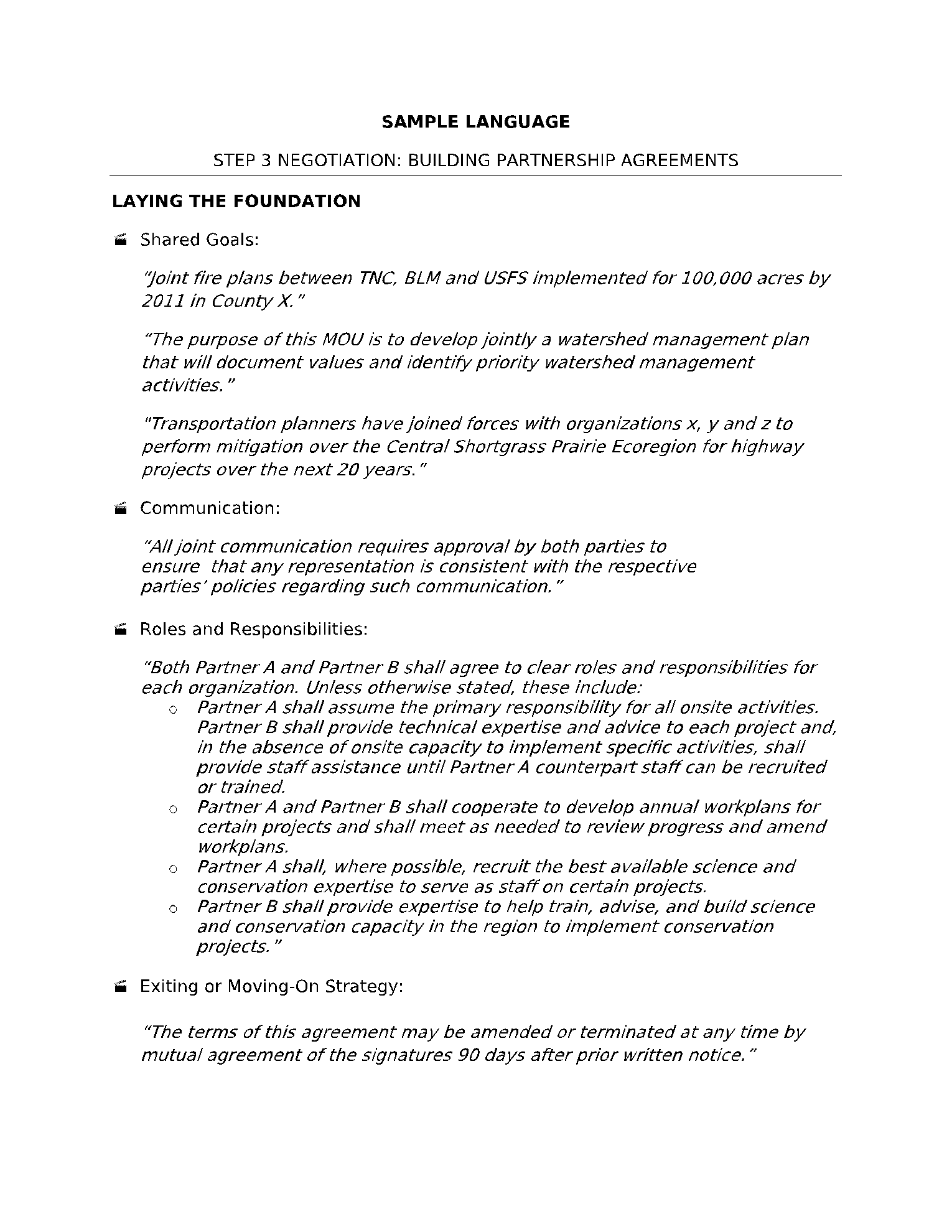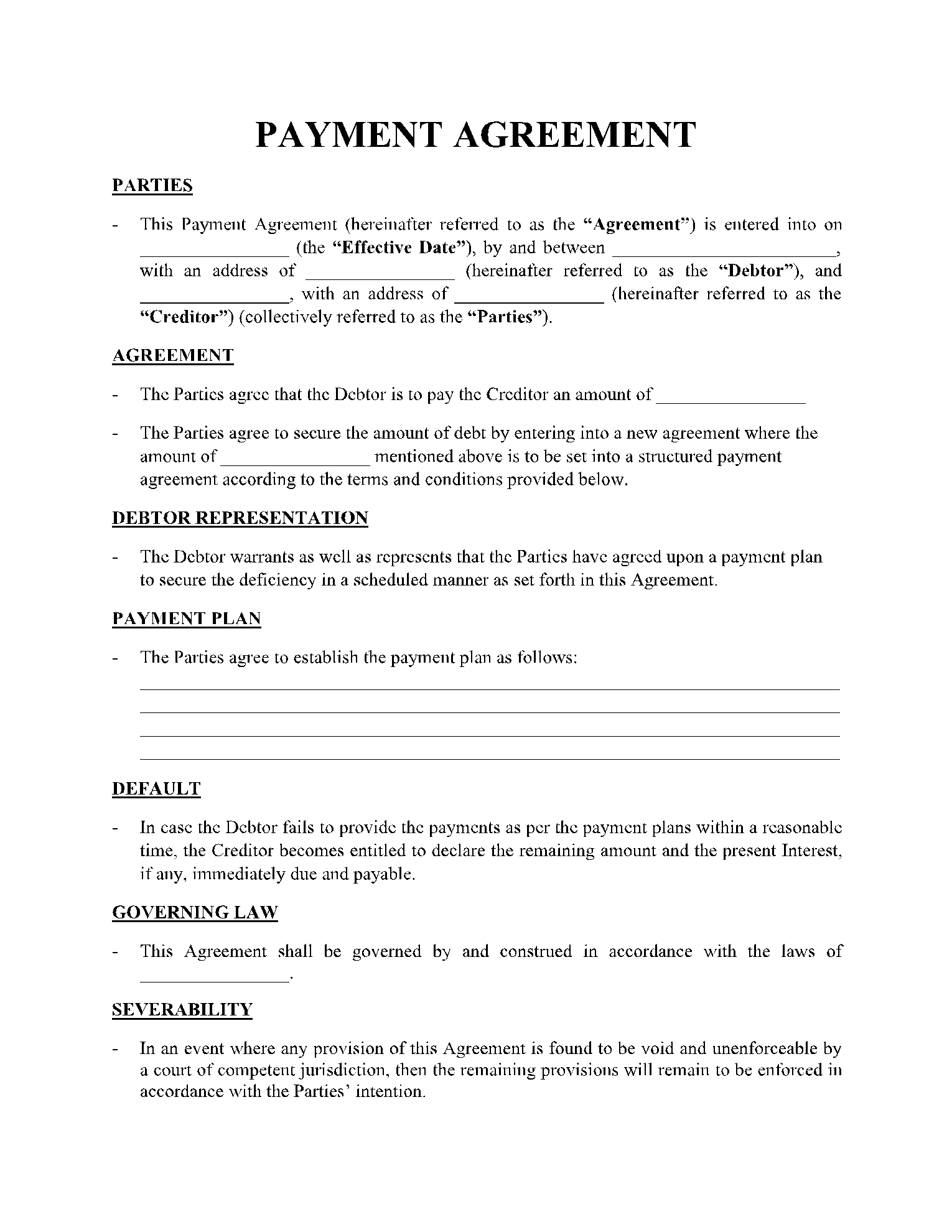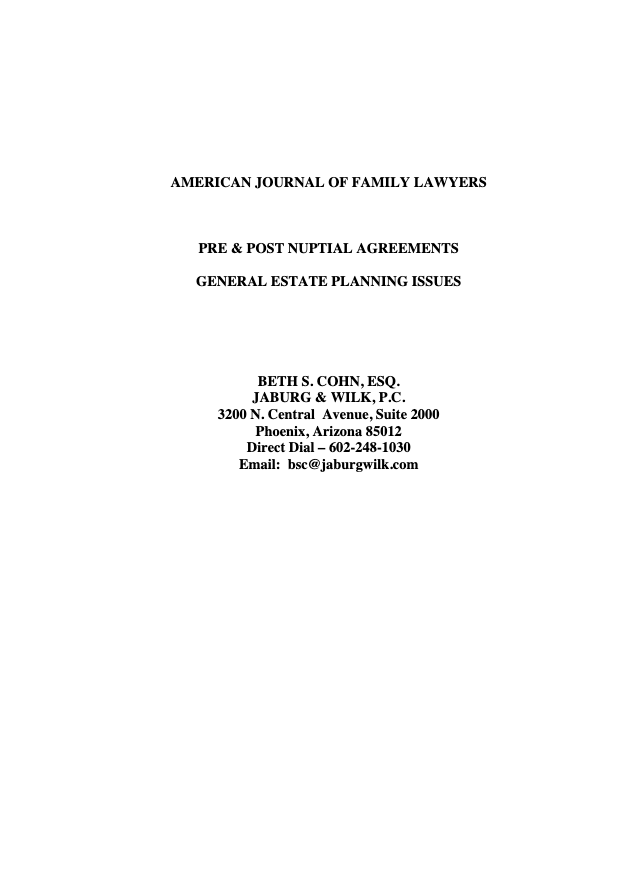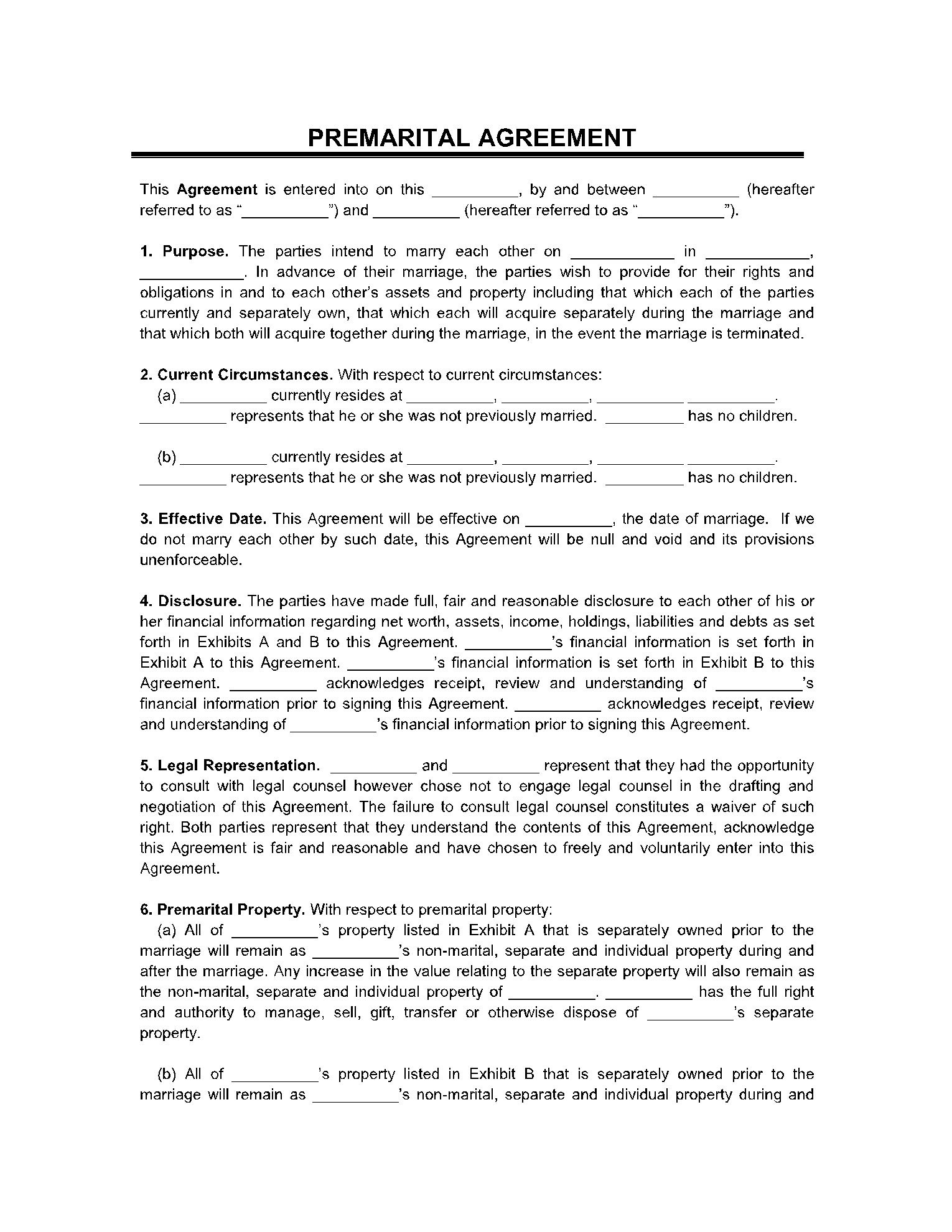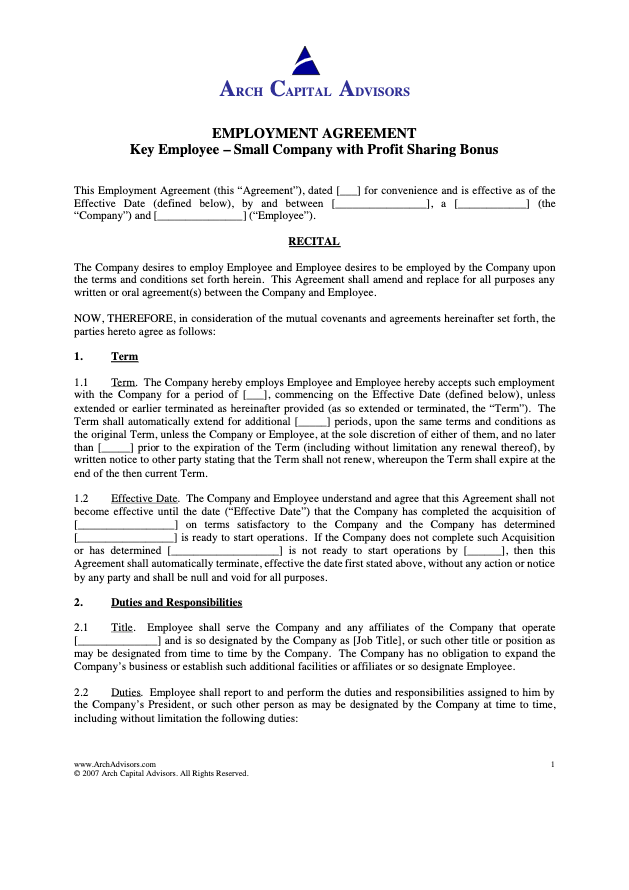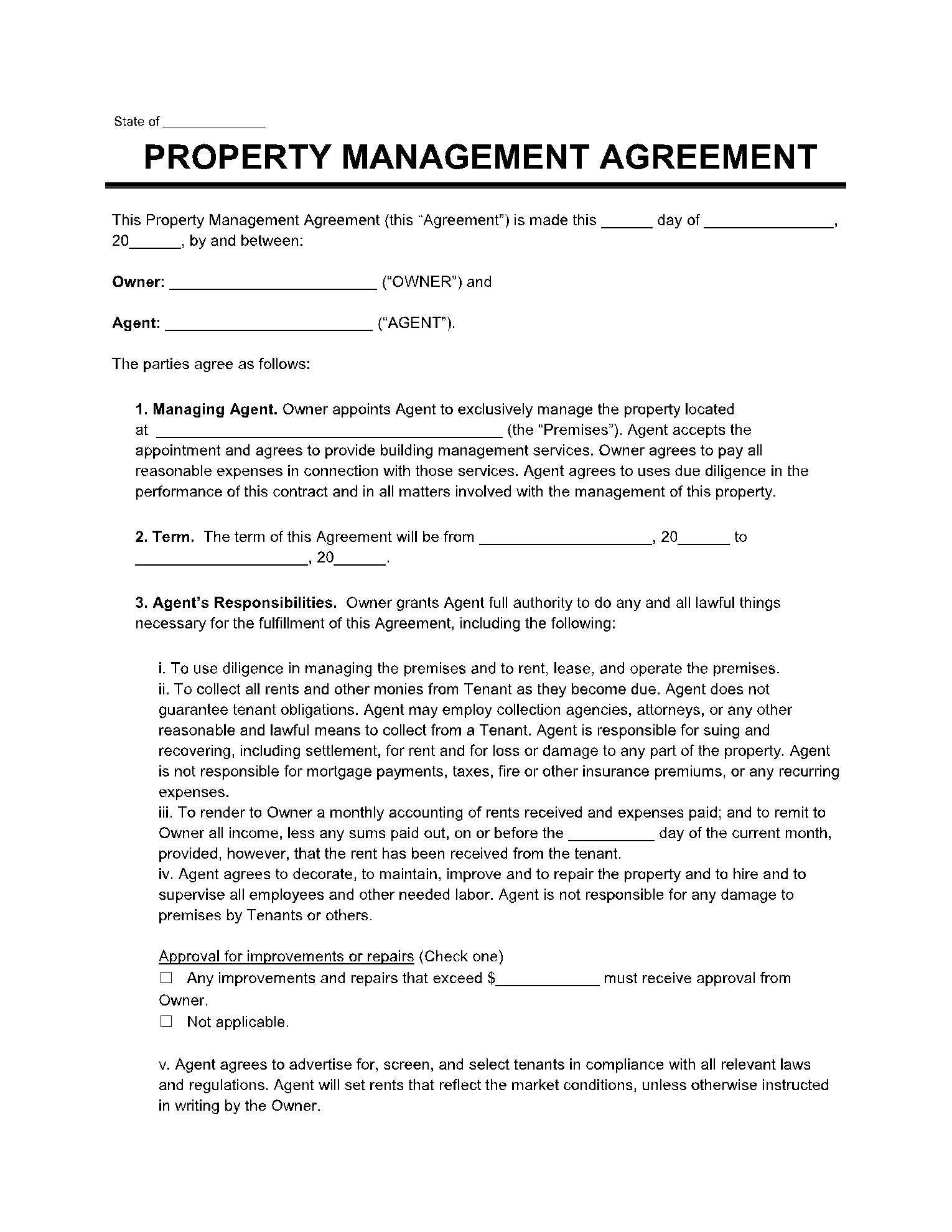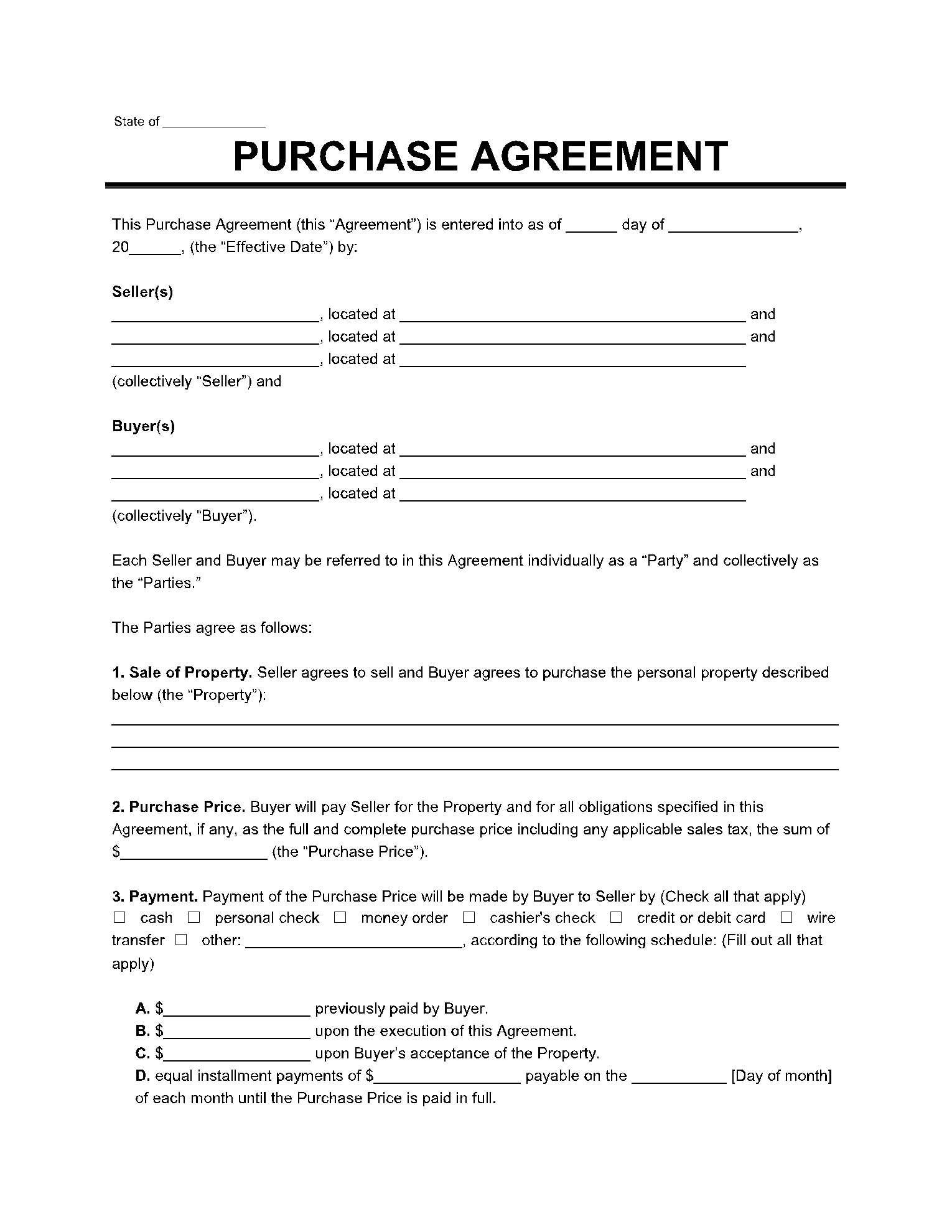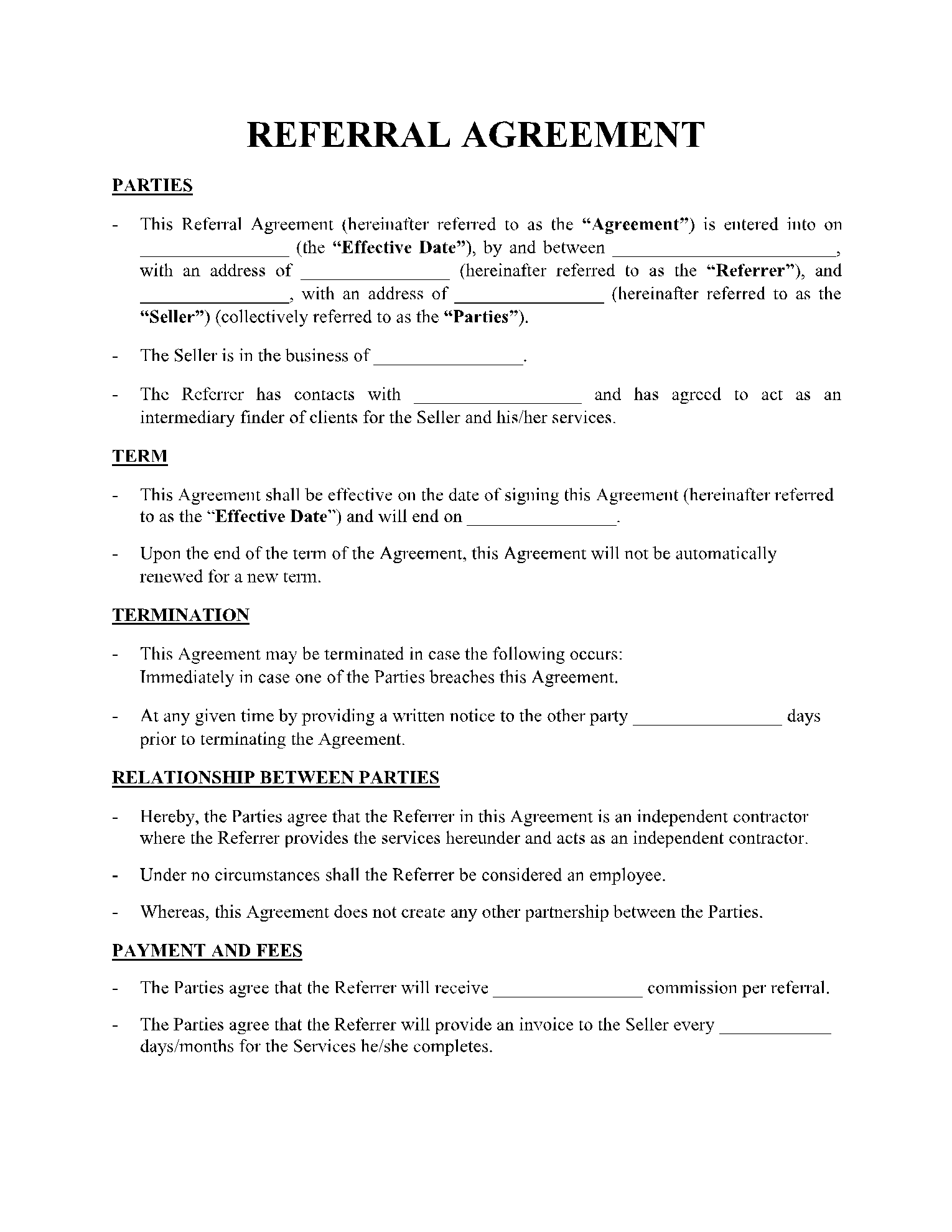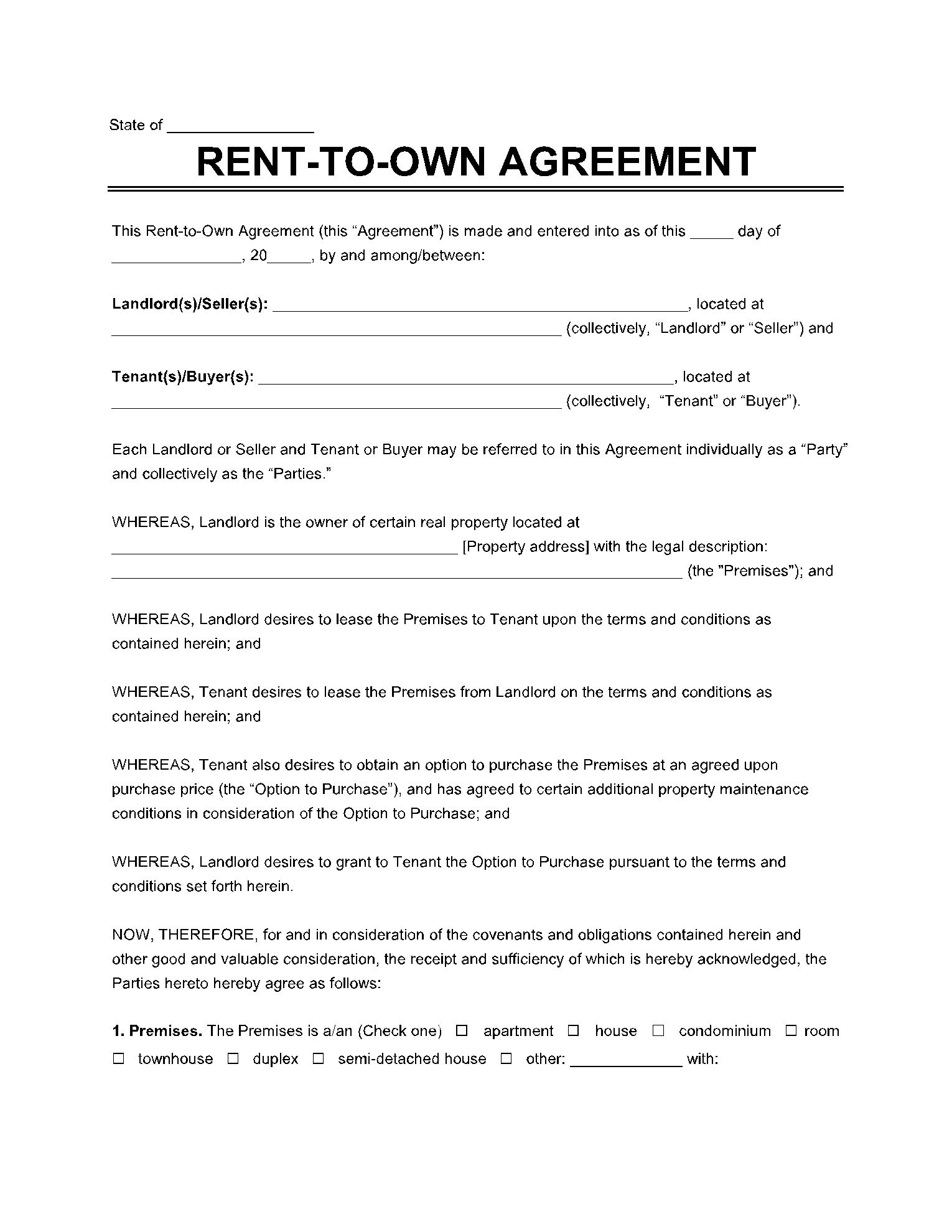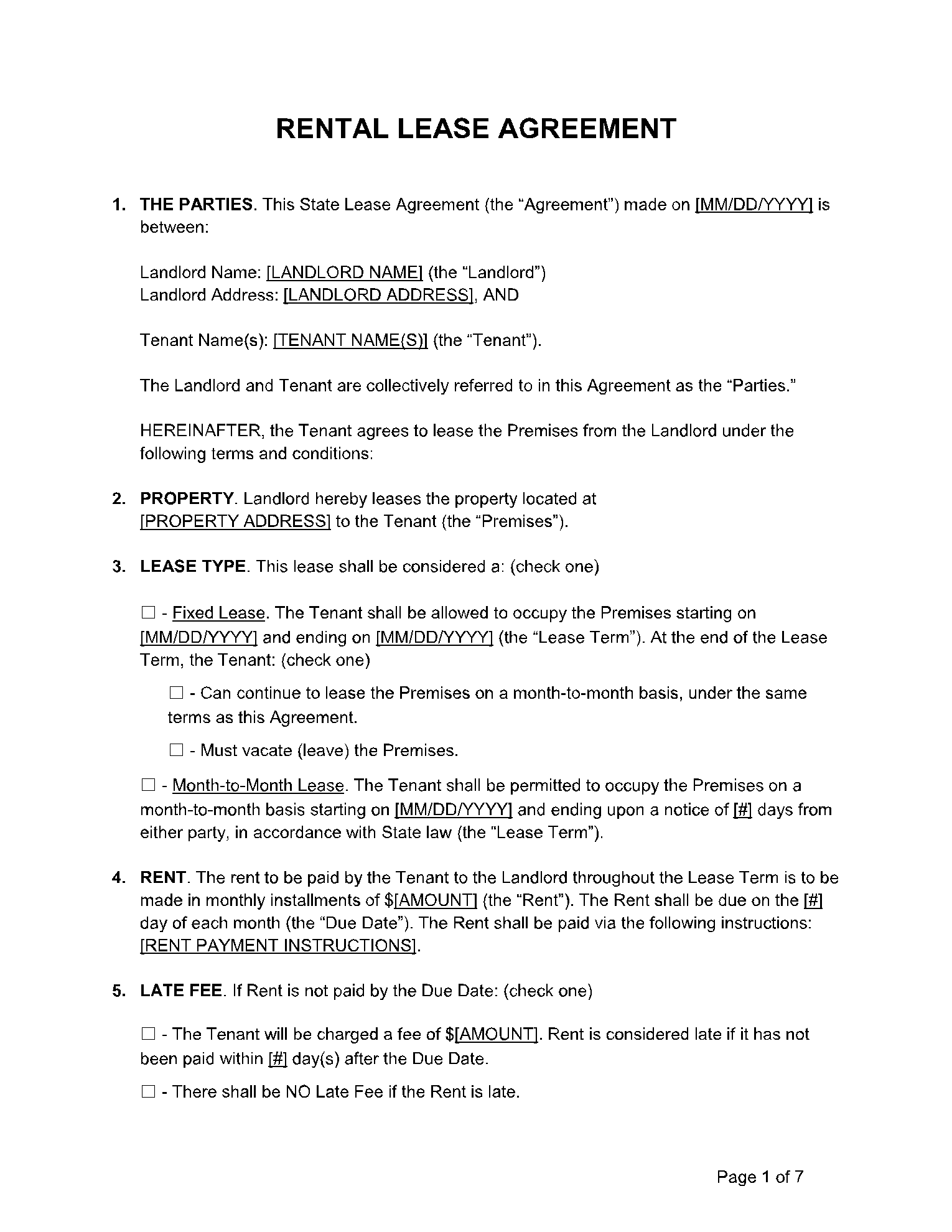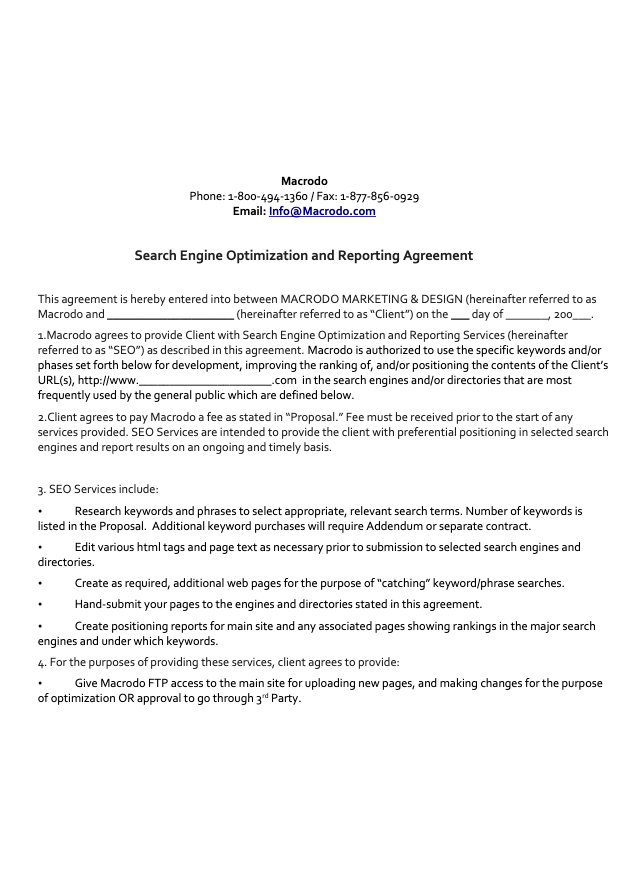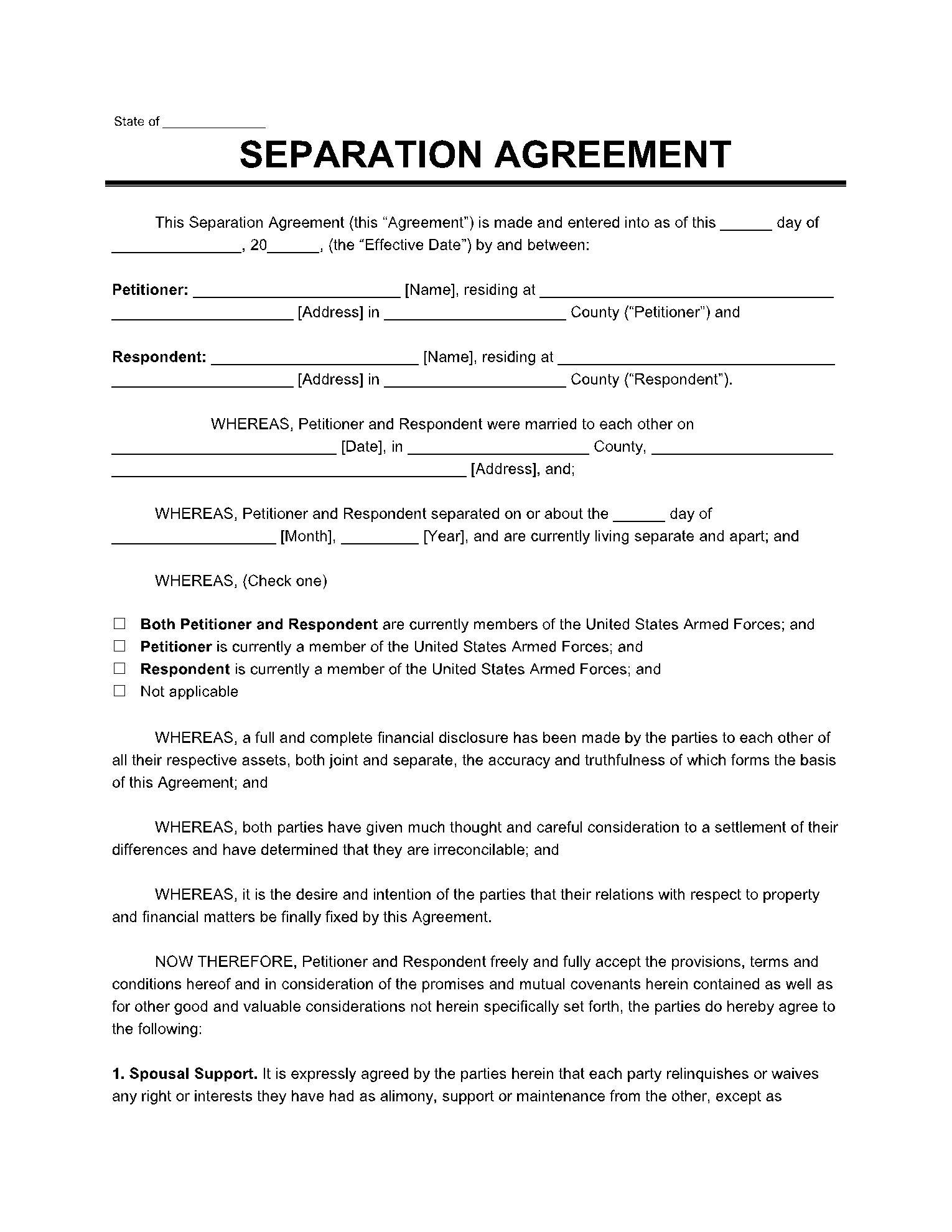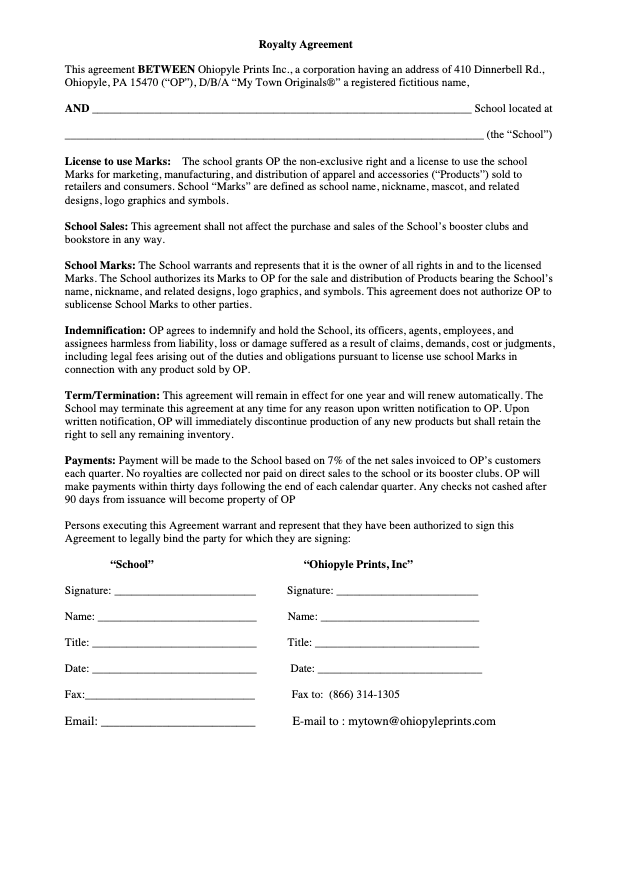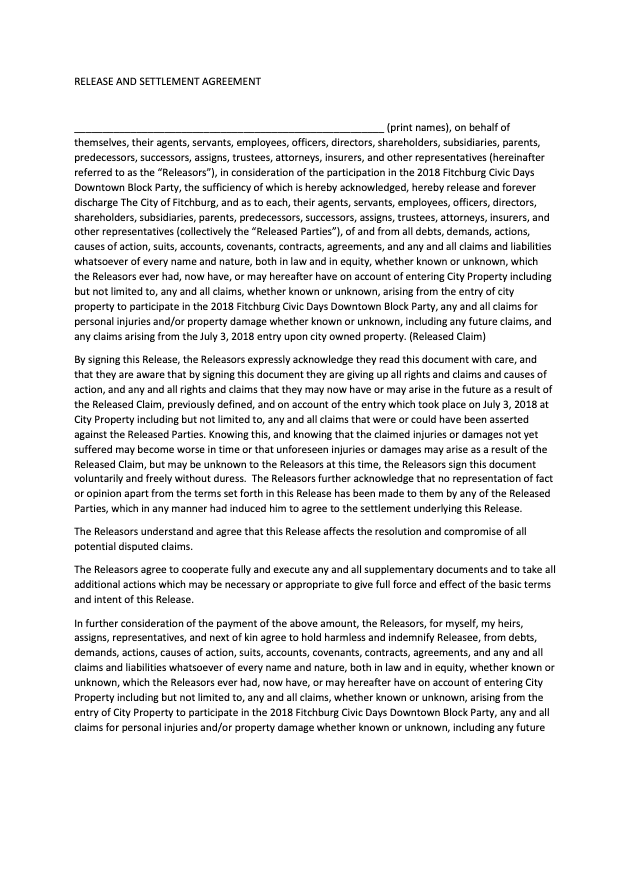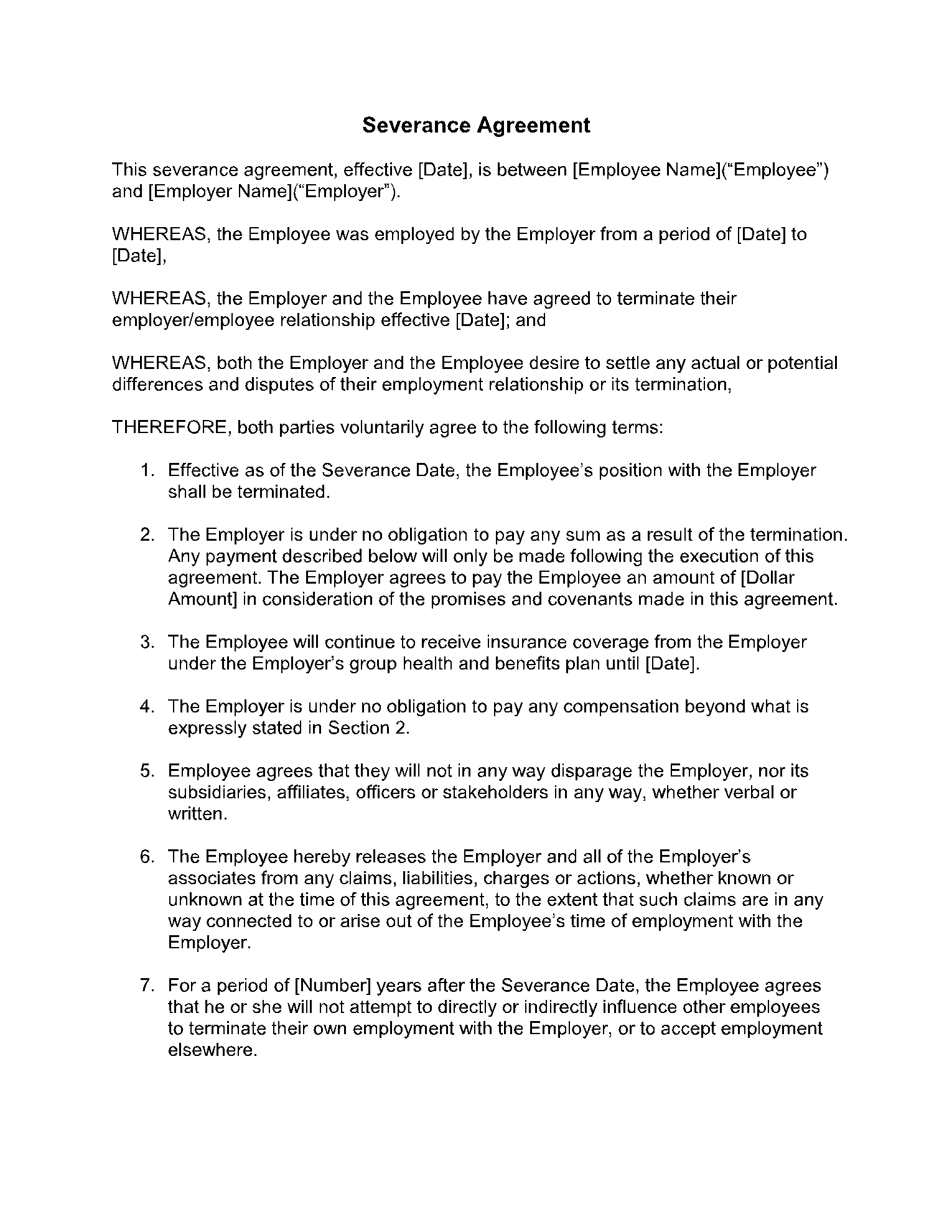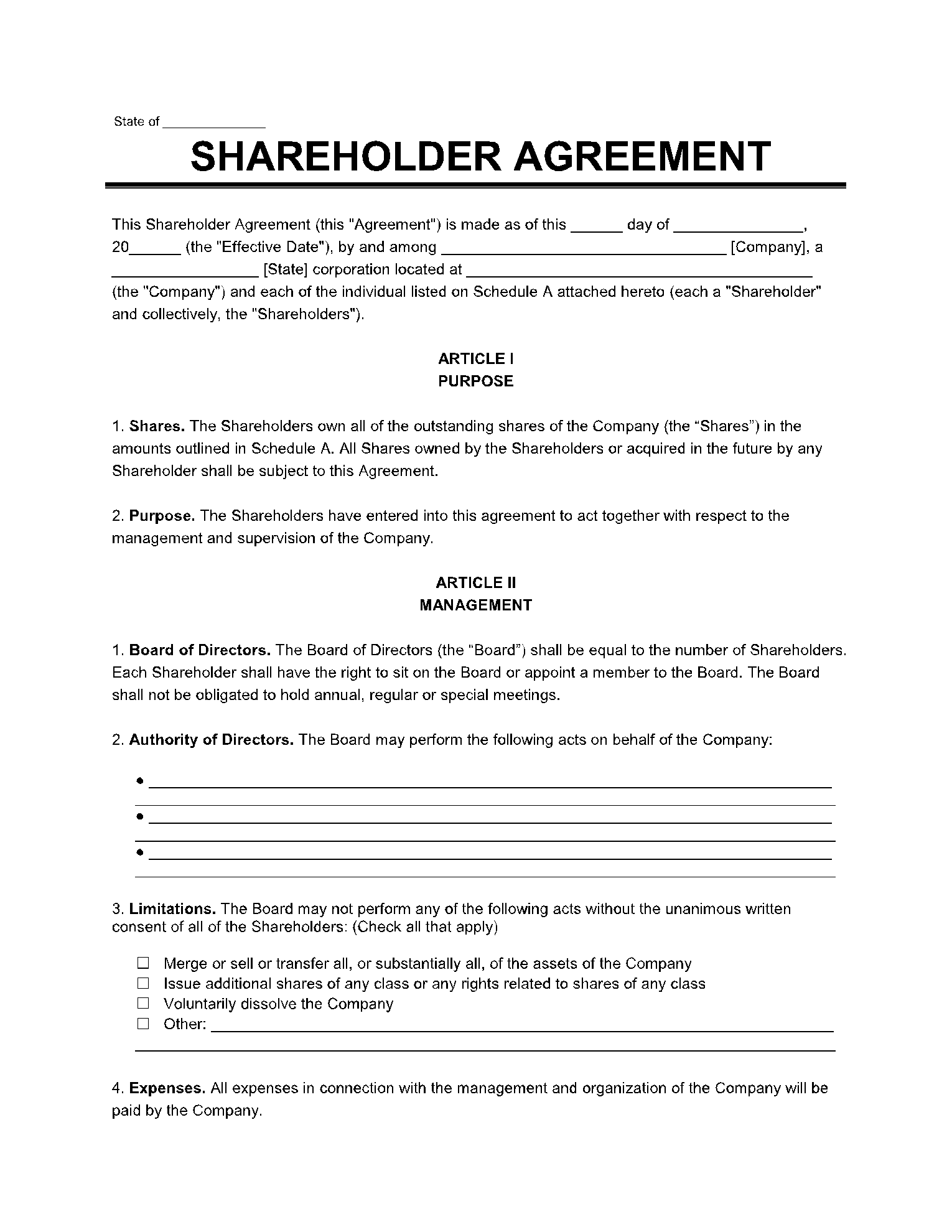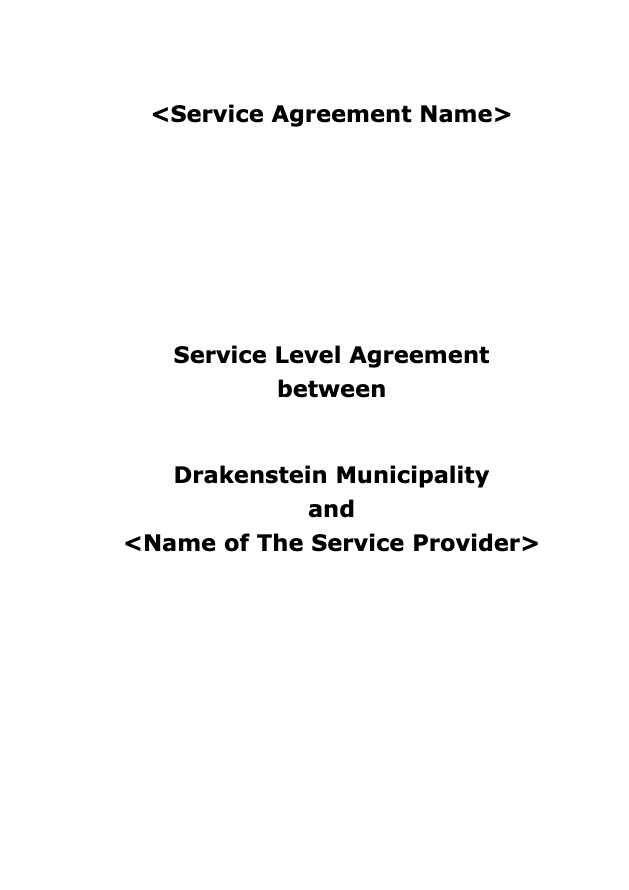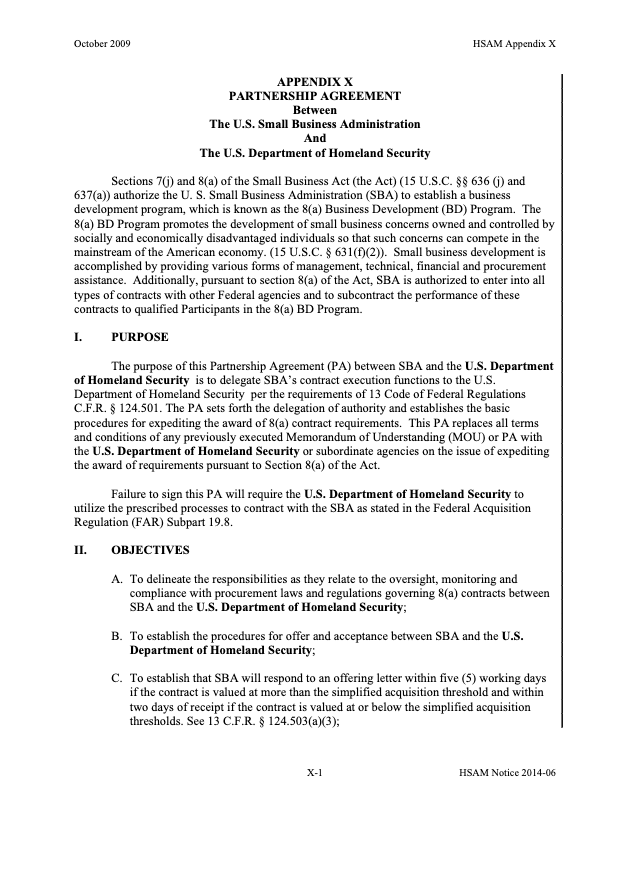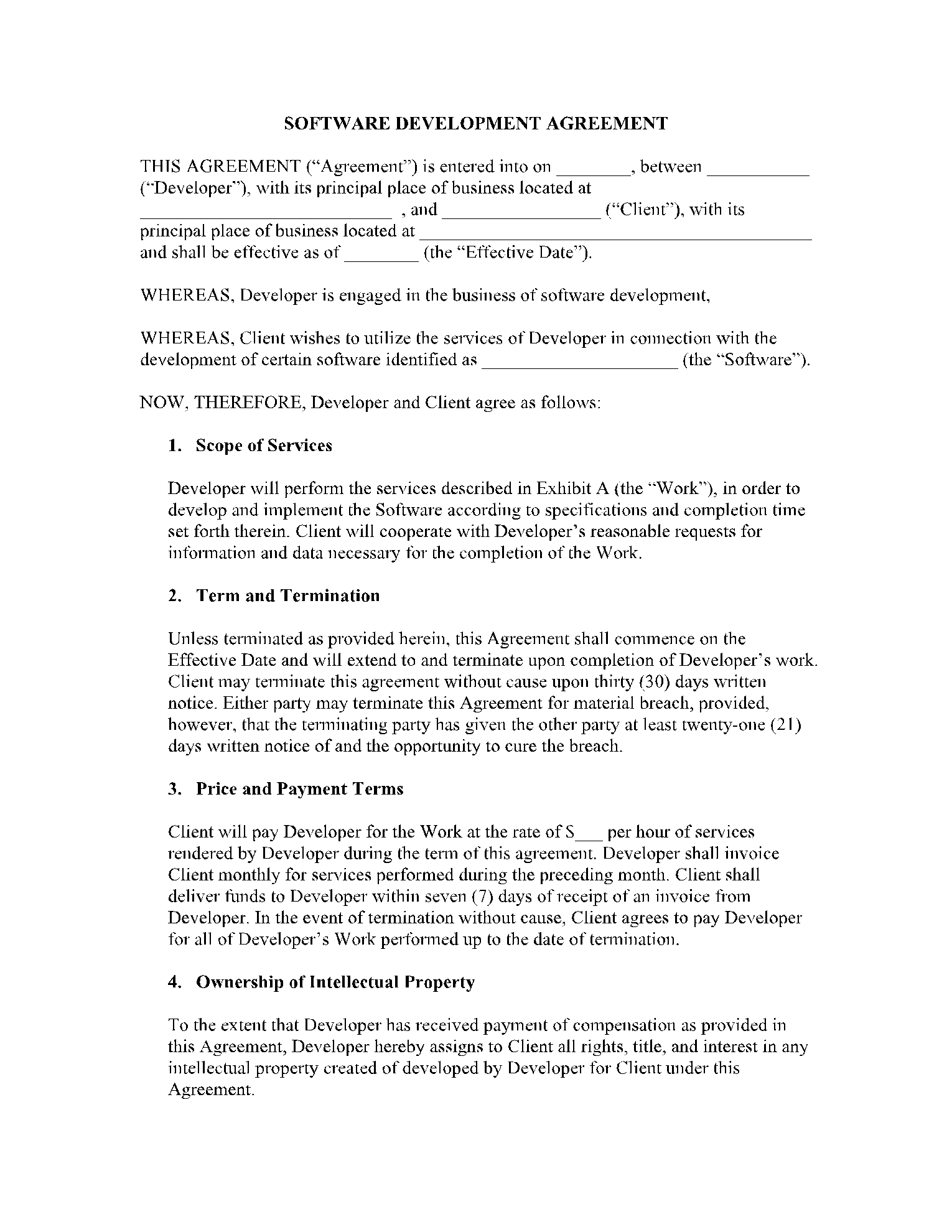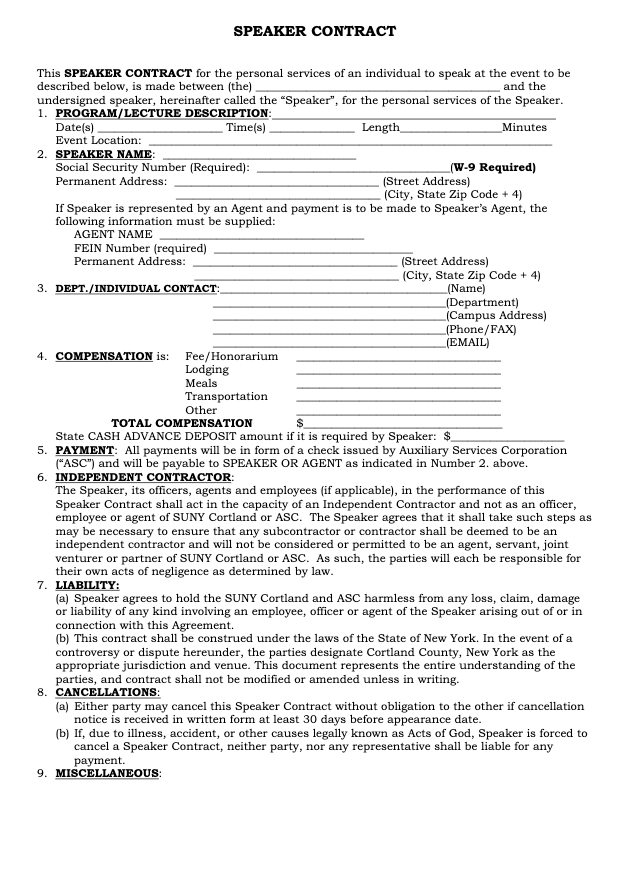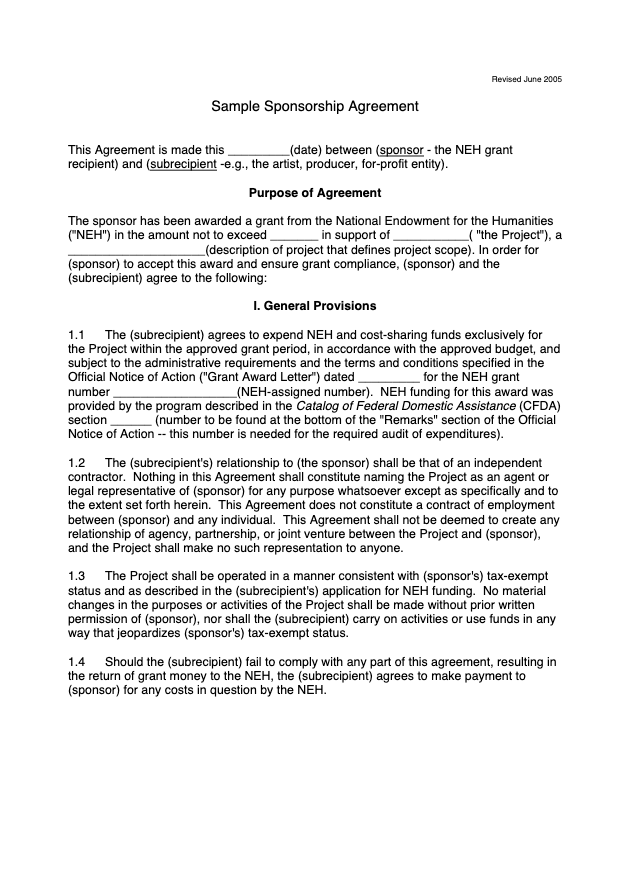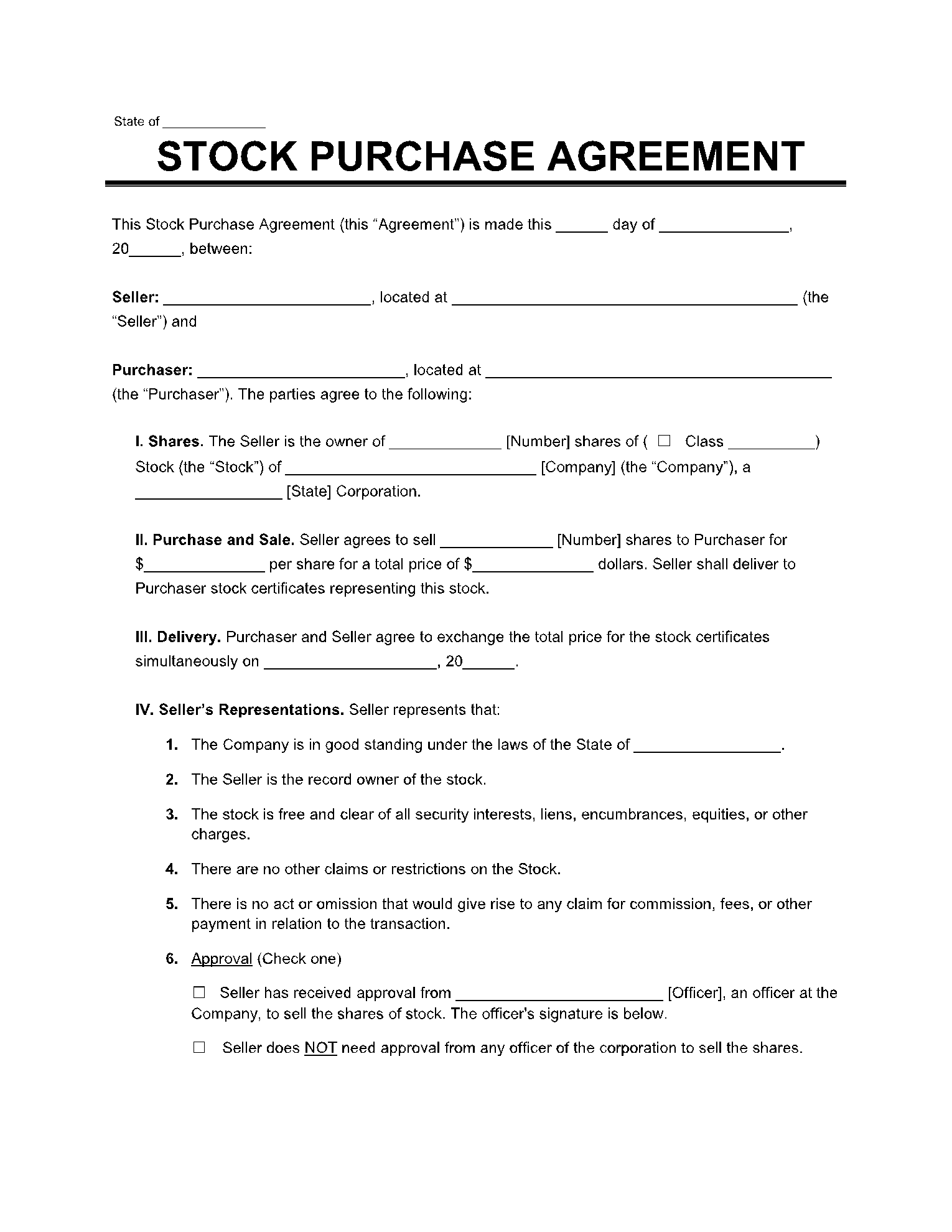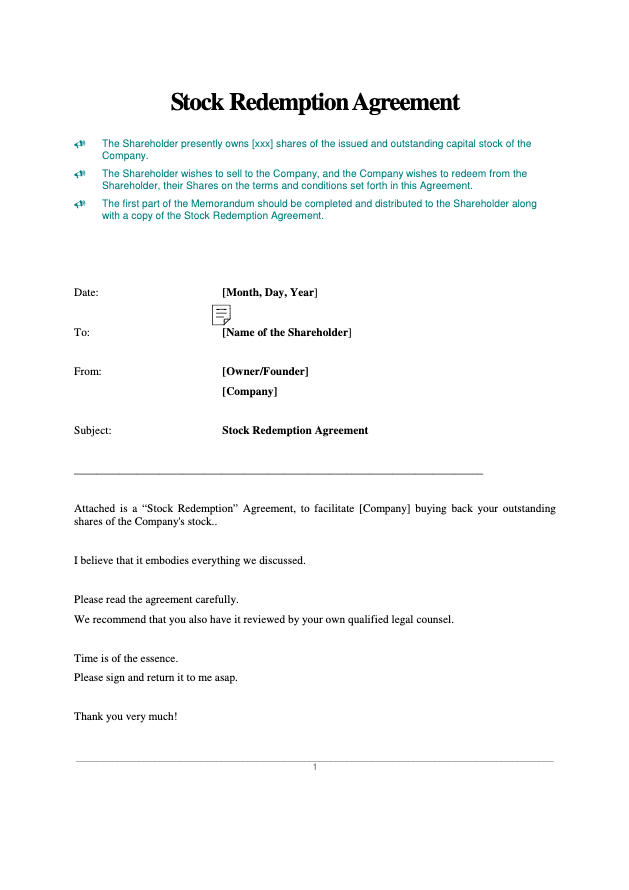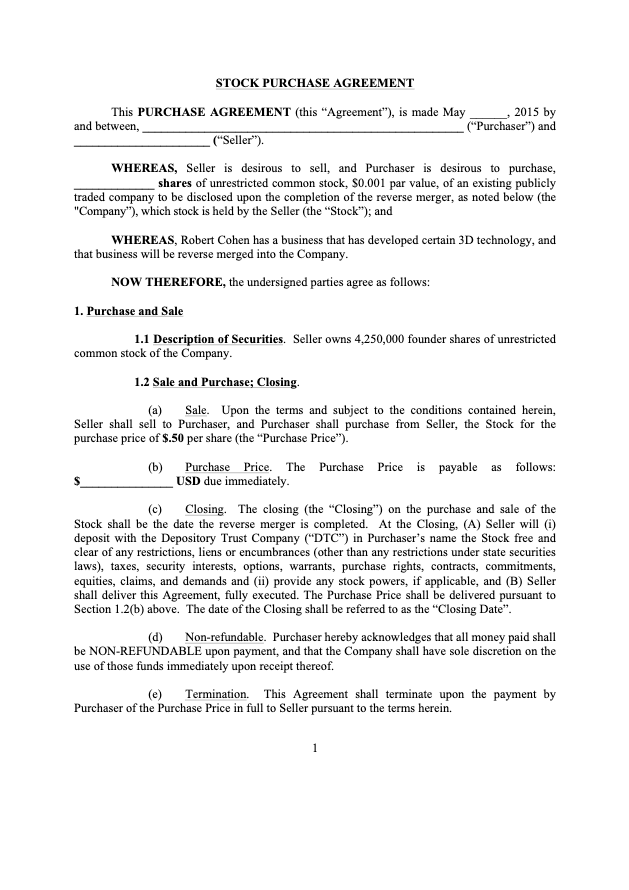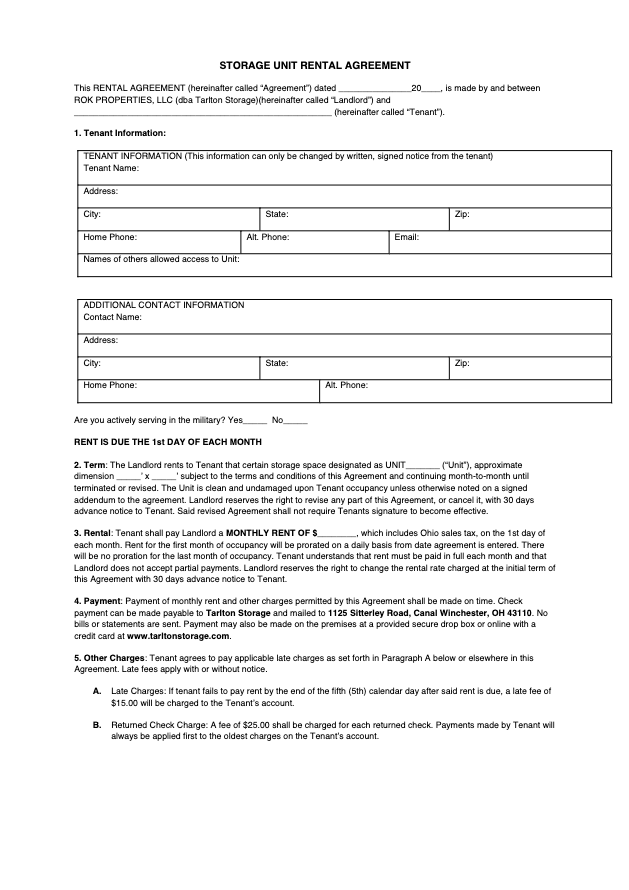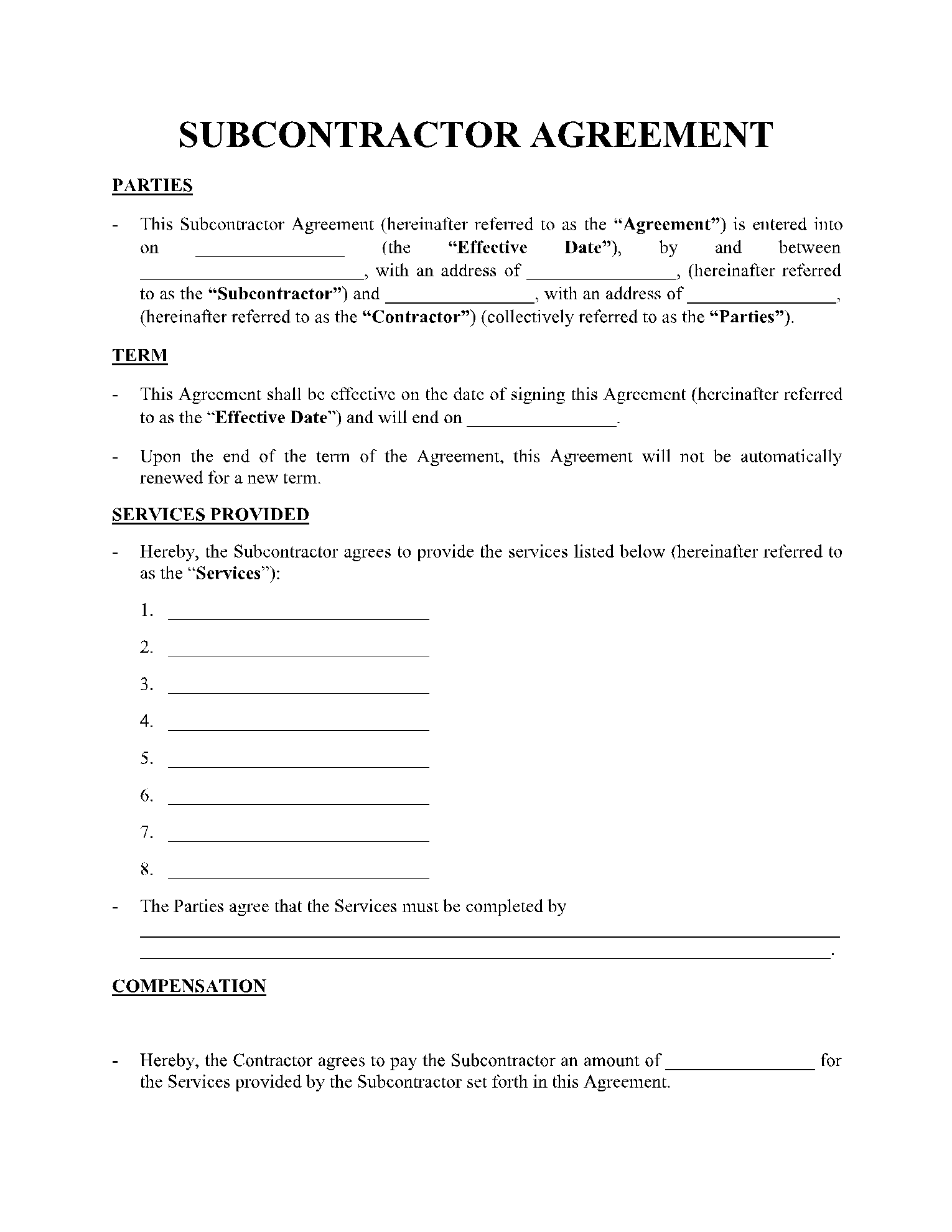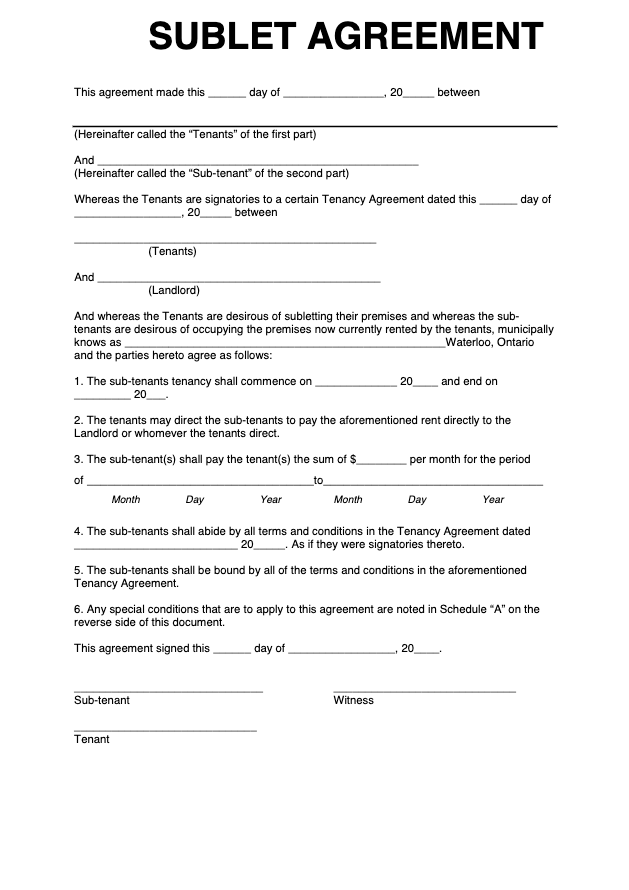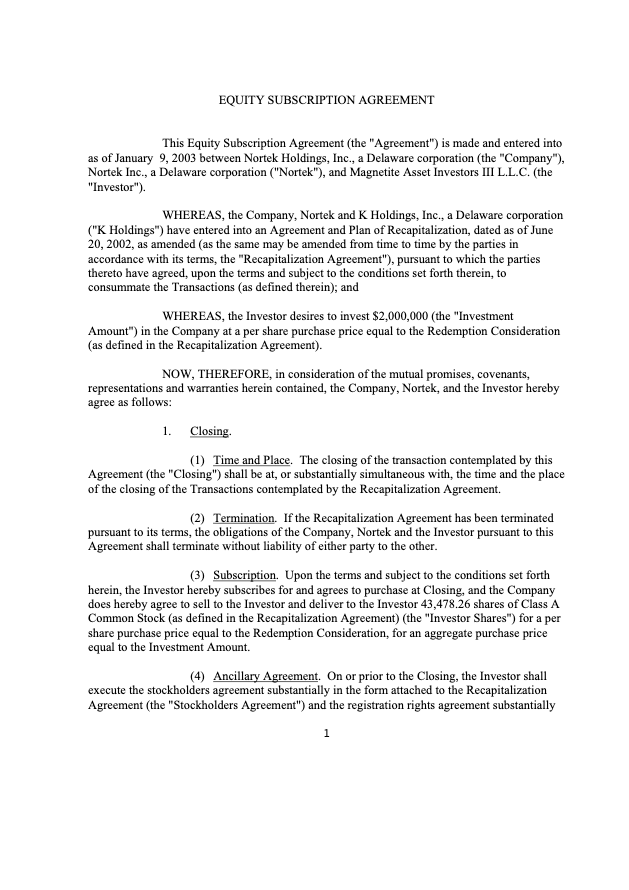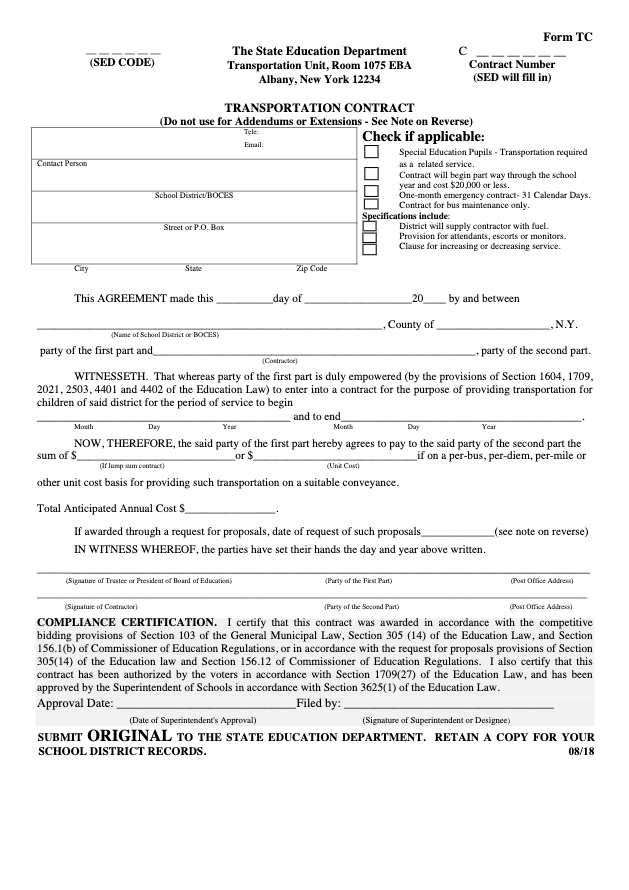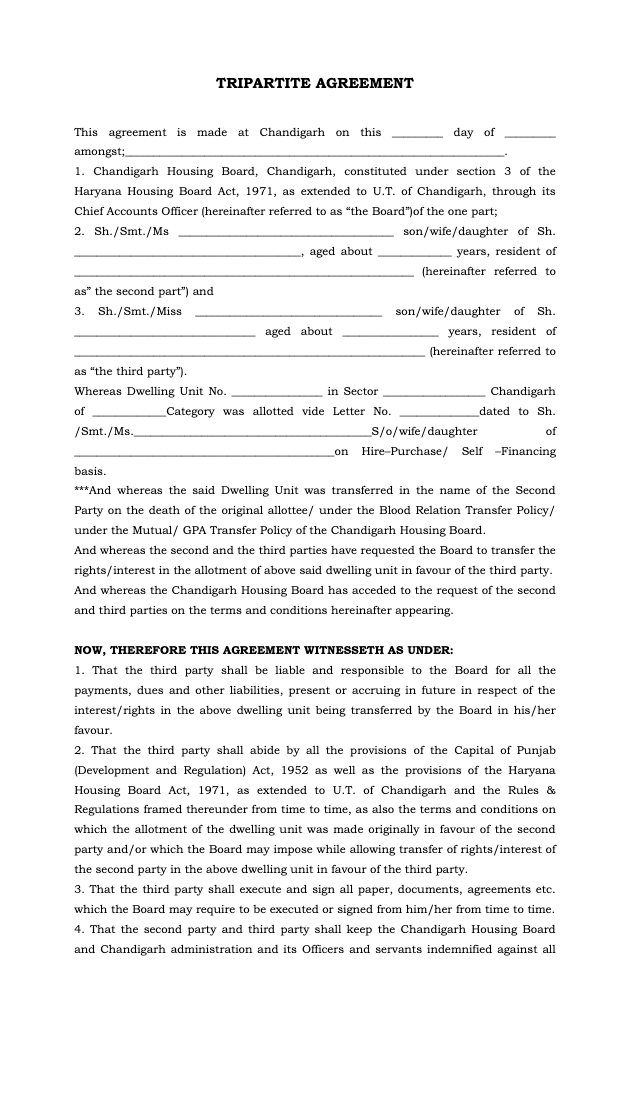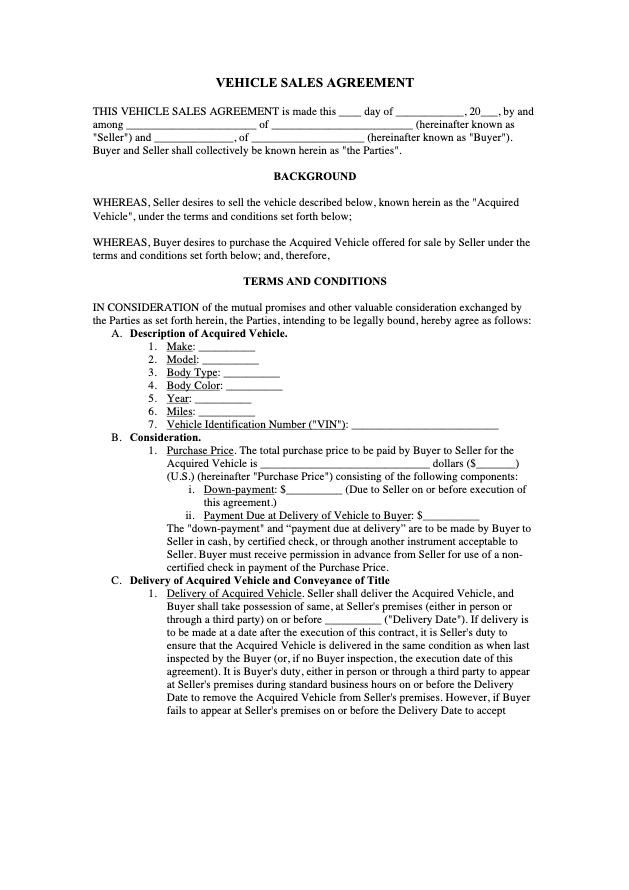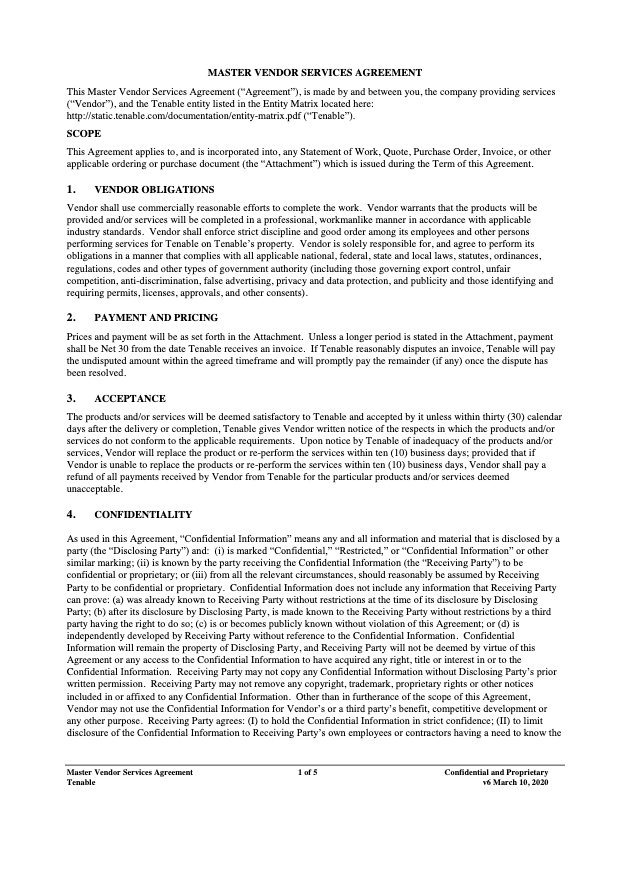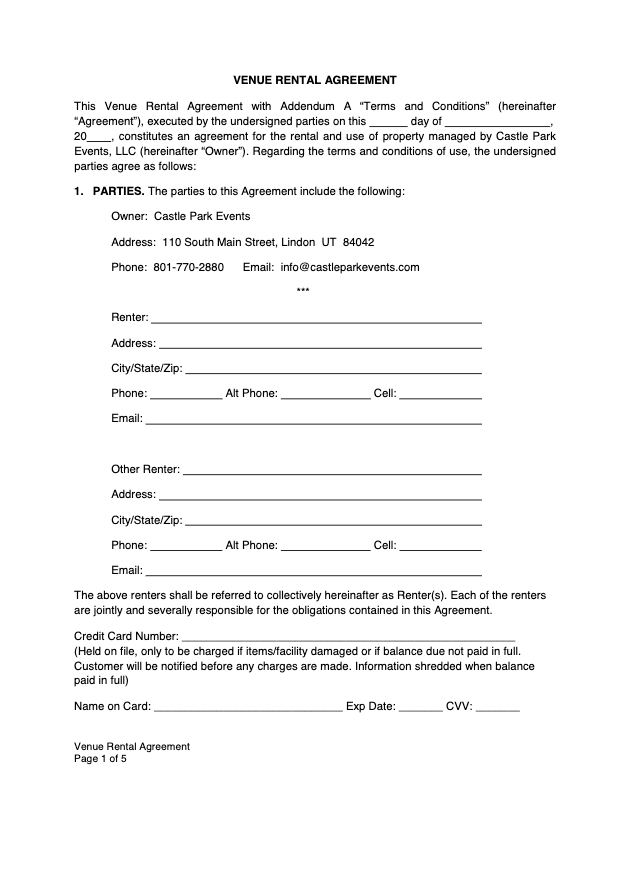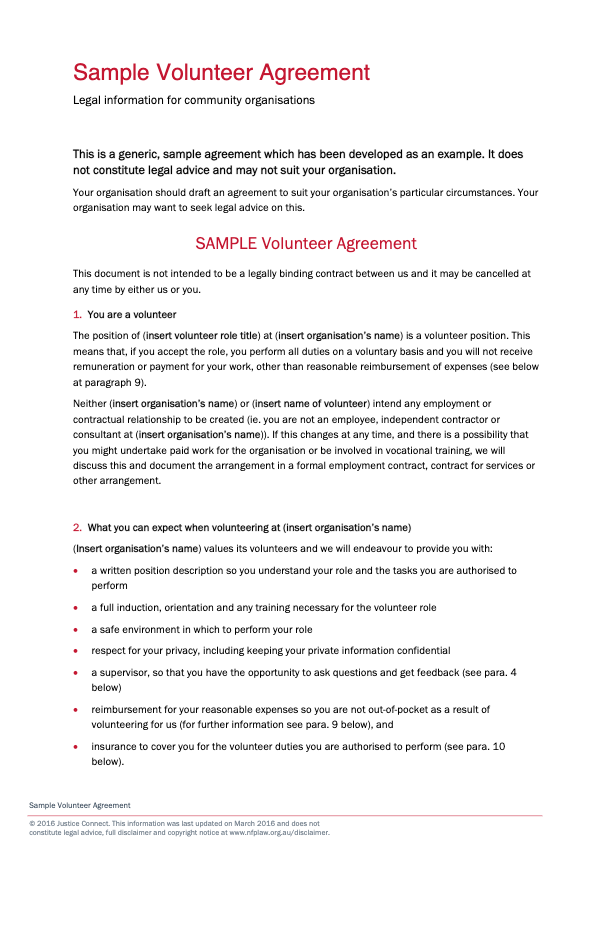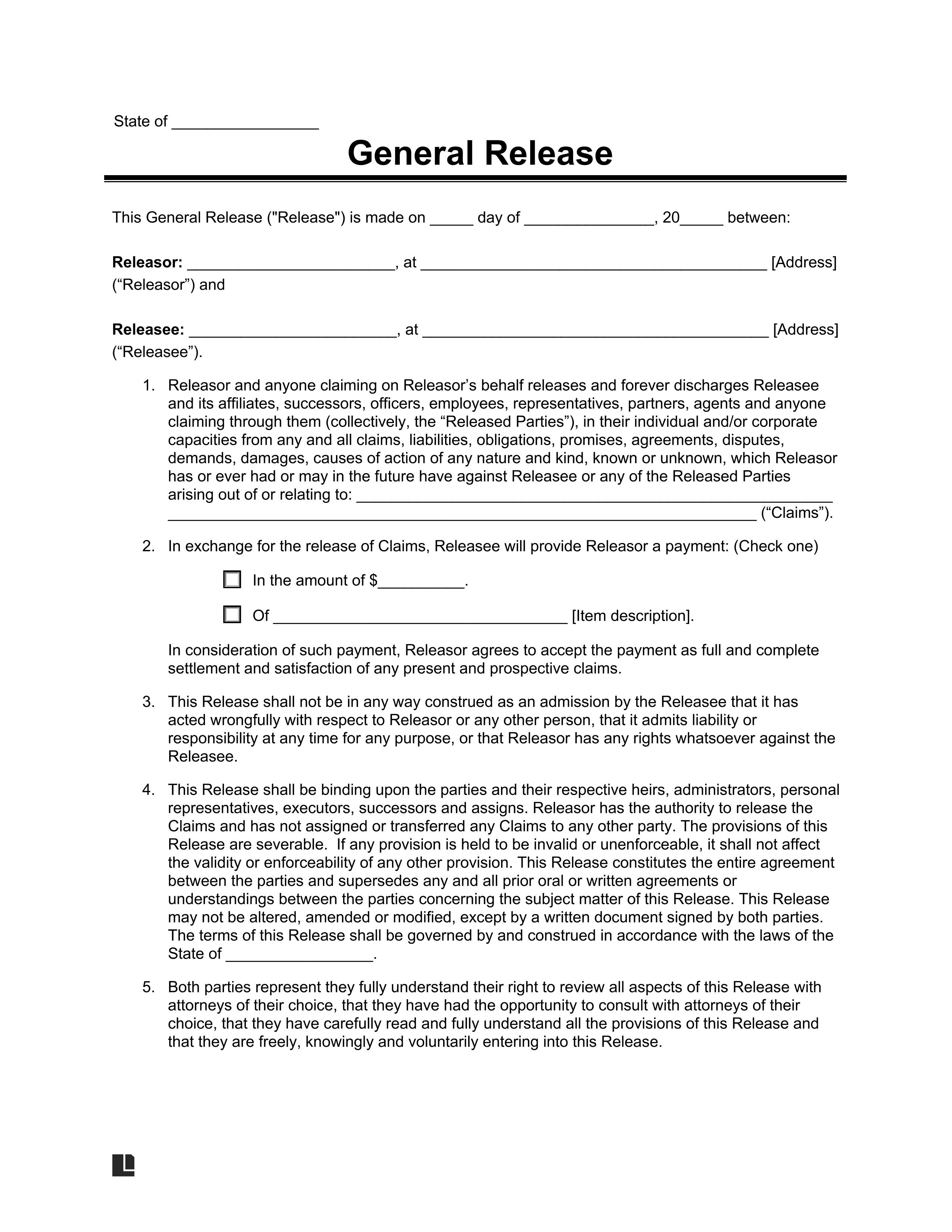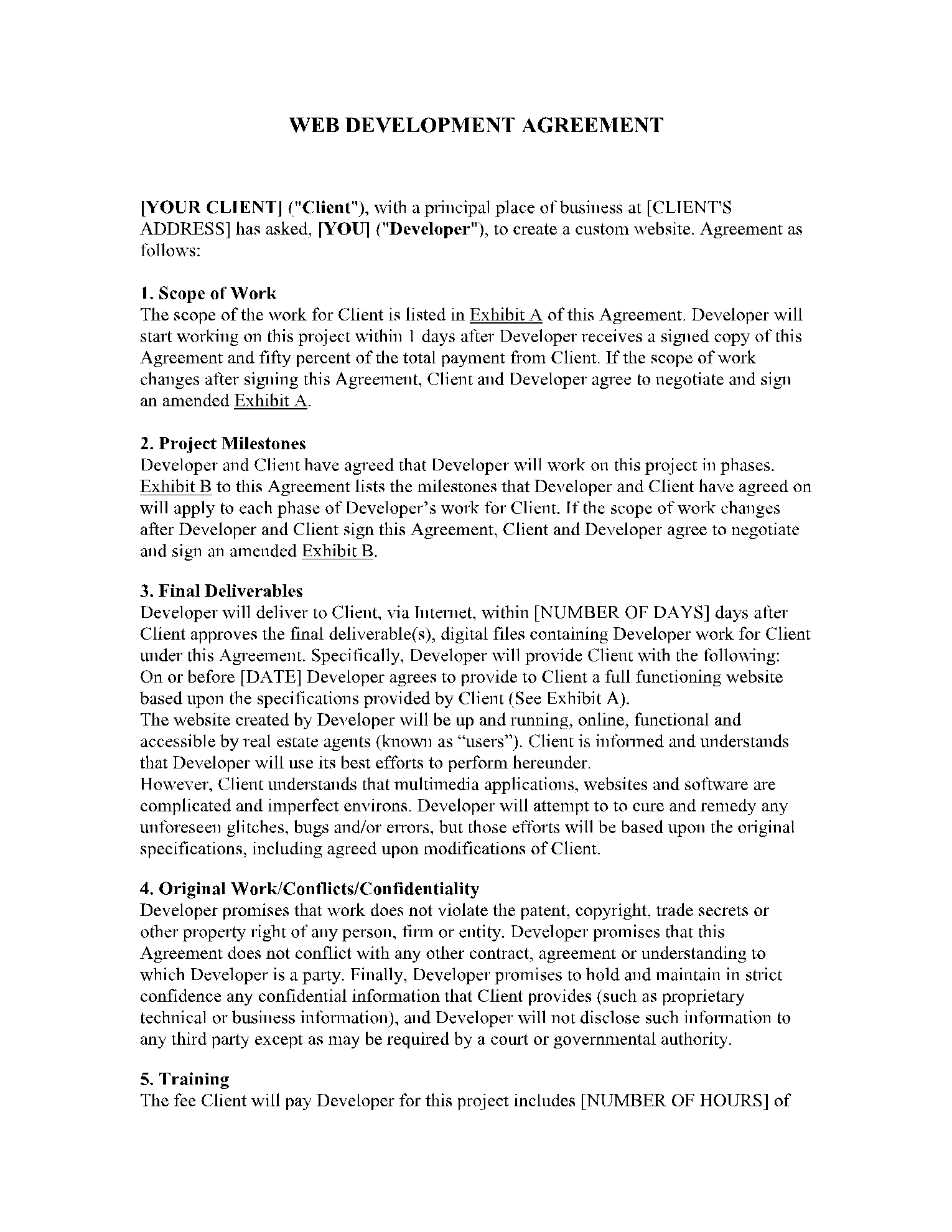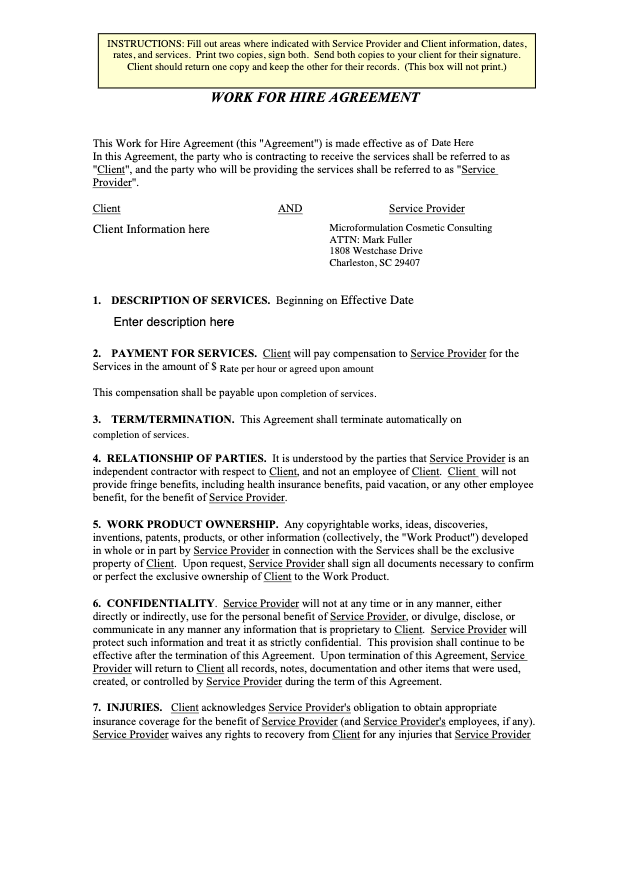Professionally drafted and duly signed agreements are key to successful business relationships. This is the case regardless of whether you are a freelancer, independent contractor, public company or something in between.
A contract agreement helps protect the legal rights of all parties involved and holds them accountable to their word pre-job execution. Drafting one from scratch may be a little tricky if you are not too conversant with what the contents should be. It is therefore recommended that you use an agreement template.
CocoDoc has lots of contract agreement templates you can download for free and edit to taste.
What Are Agreements Used for?
A business agreement usually documented in an agreement form is a mutual understanding of what a contractual or business relationship entails. It highlights in clear terms the responsibilities of the business’ associates as well as mention the reward(s) - where applicable - for meeting a milestone or completing the entire project.
In general, they are used for the following purposes:
- Outlining of the terms of a lease or tenancy in a business relationship between a landlord and tenant
- Guidance against confusion or further negotiations on a project since each business associate can always refer back to the agreement form to see what was agreed upon before the commencement of the project
- Payment negotiations
- Loan repayment cases. An agreement between a creditor and a debtor can explicitly state when the debtor is to pay his/her creditor
- Non-disclosure agreement by a new employee to keep certain details of a company private
- Protection of intellectual property or materials. An intellectual property agreement is used for this purpose
There are different types of agreement forms, each of which are used for different purposes. The contents of these forms are also dictated by their use.
Contracts V.S. Agreements
The terms contracts and agreements are used interchangeably in many circles. But this shouldn’t be the case. All contracts are considered agreements but not all agreements are considered contracts. The defining difference between these two are that an agreement contract is enforceable by law while a standard agreement is not.
Here are some other major differences between the two:
- A contract must be given in writing. An agreement, on the other hand, need not be written or documented
- In a contract, an offer must be made and there must be a formal acceptance of this offer. In a regular agreement otherwise known as gentleman agreement, the offer and acceptance terms aren’t too rigid
- An agreement is inherently informal while a contract is corporate and very formal
- In an agreement, all parties involved agree to a deal on the basis of trust. This is in contrast to a contract, where deals are struck only after the papers have been signed
Since contracts are more enforceable in a law court, they offer an additional layer of protection for the business parties should there be any breach in the agreement. Hence, they are recommended for any official business or contract.
Key Components within A Contract Agreement to Make It Valid?
A contract agreement must contain certain key components or elements for it to be considered valid. This includes agreement, capacity, consideration and intention.
Agreement: Here, there must be an offer on the table and subsequent acceptance of this offer. A party makes an offer to the other party, who is obliged to accept or decline. This offer is a formal statement of terms and conditions to which the other part will be contractually bound to if they choose to accept.
Capacity: For the contract agreement to be valid, all parties to it must have attained the legal age of 18 and be mentally sound. They must be capable of understanding the contents of the agreement form. They must also be freely given the choice of accepting or declining. In other words, they must not be under the influence during the time of signing or coerced into agreeing.
Consideration: There must be some form of consideration for the contract to be binding. Consideration could be pay or some form of reward for the work done.
Intention: For the contract to be legally valid, it must be clear to both parties from the get-go that they are going into a contractual relationship that is enforceable by law.
How to Draft a Legal Agreement?
Here’s how to write a legal agreement. Otherwise, a legal contracts template is a better bet.
- Include a date in the document for reference purposes
- Provide the names of both parties involved in the agreement. An introductory phrase like “This contact is between company A and company B” is a good way to start
- Provide in clear terms the terms and conditions of the agreement including deadlines
- Outline any other extra conditions to be met
- Add provisions that may invalidate the agreement. For instance, “if company A fails to deliver 100 units of product X by March 3, the agreement is null and void”
- Include a protective language
- Use dispute-resolution terms. For instance, “any dispute regarding this contract will be taken to the Apex Court of Arbitration, Massachusetts”
- Include signature and date lines for the parties involved.
